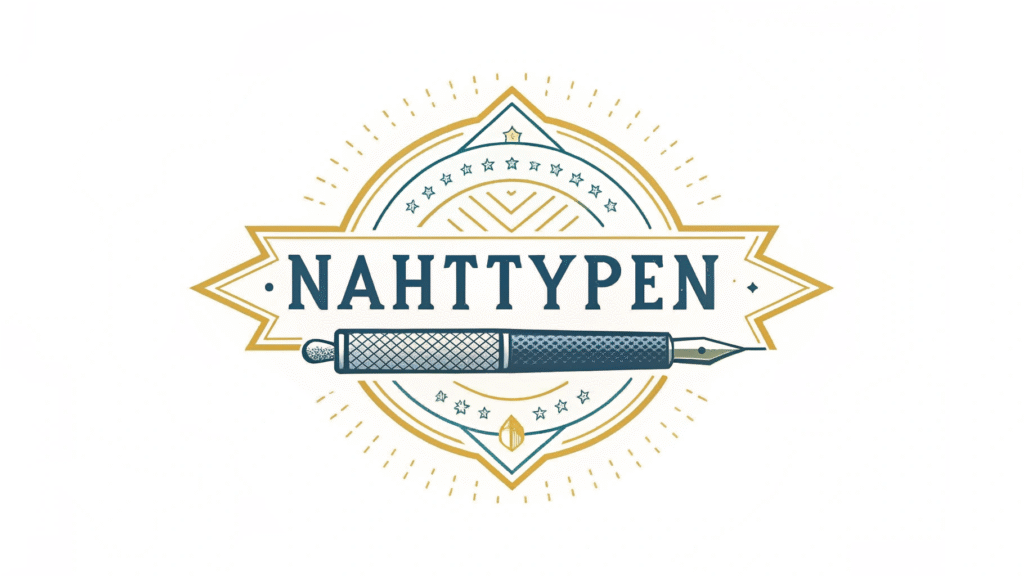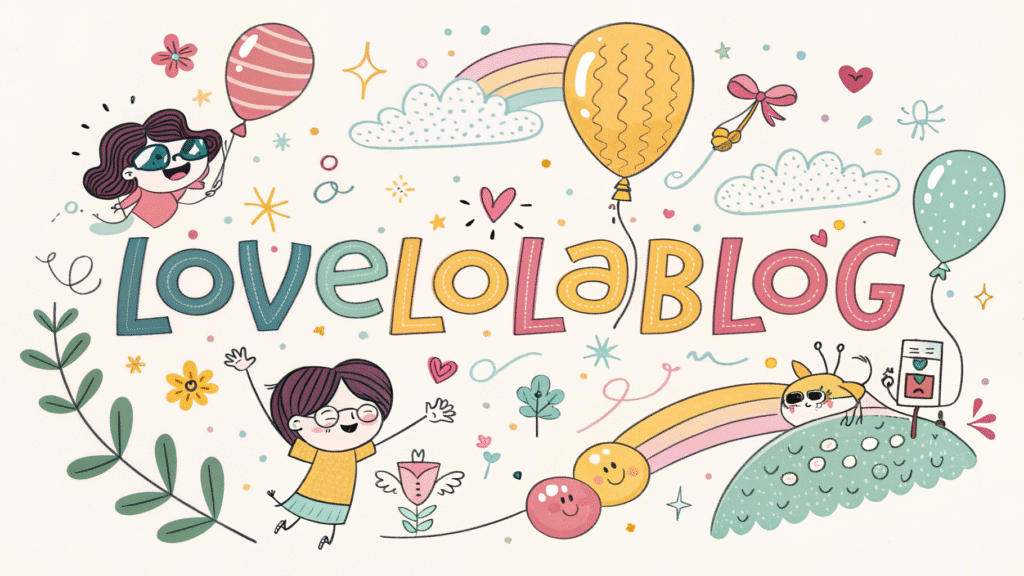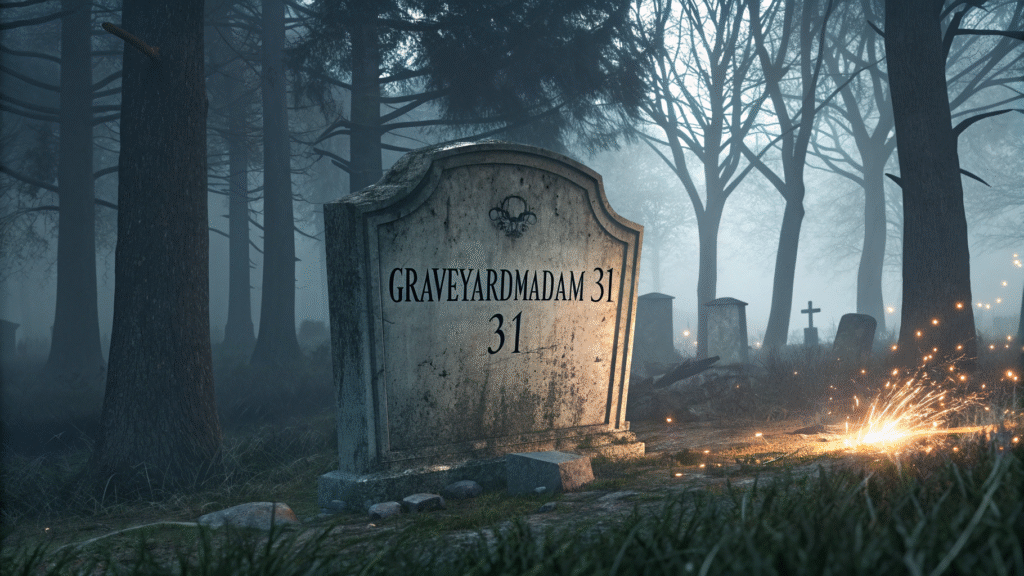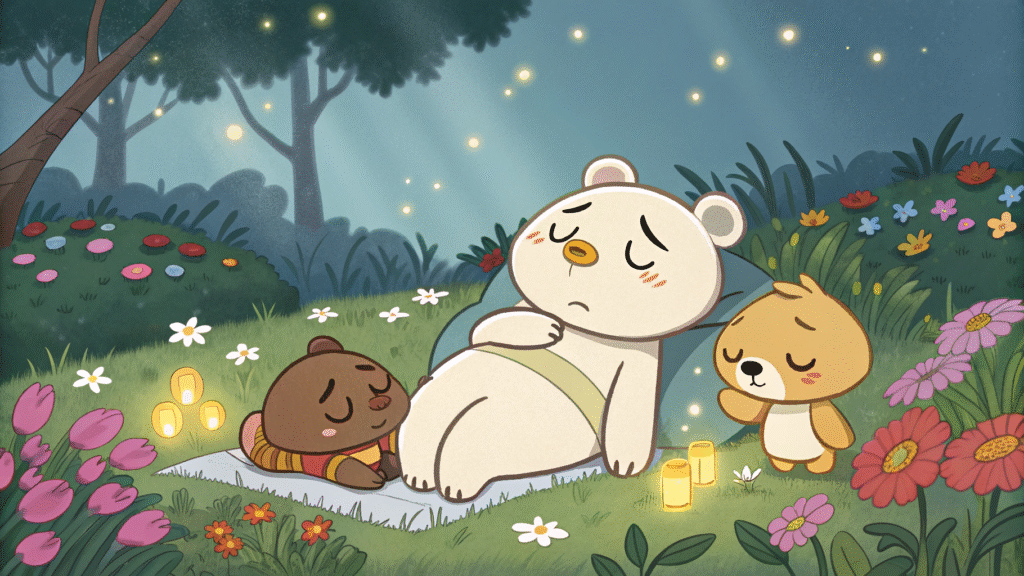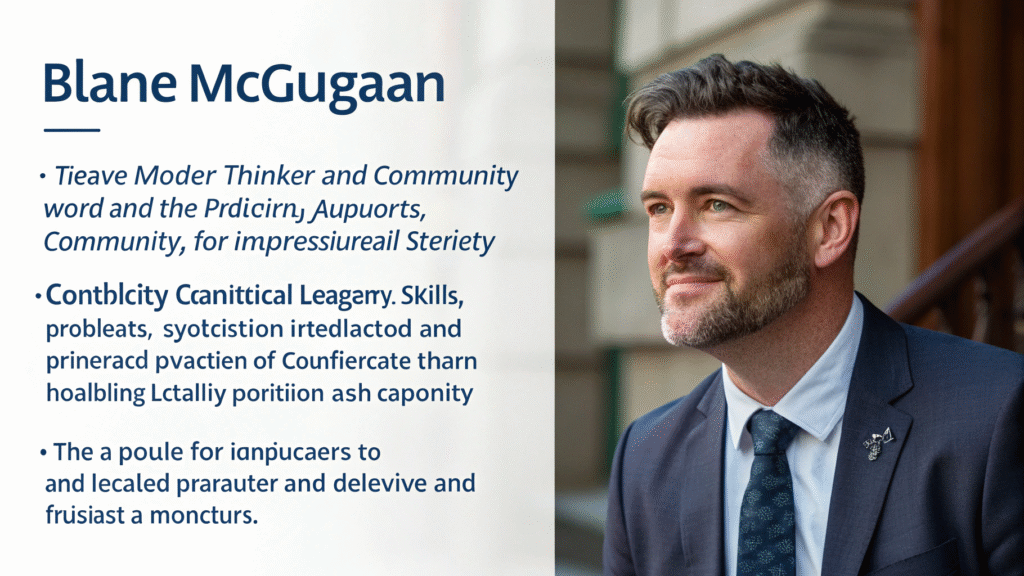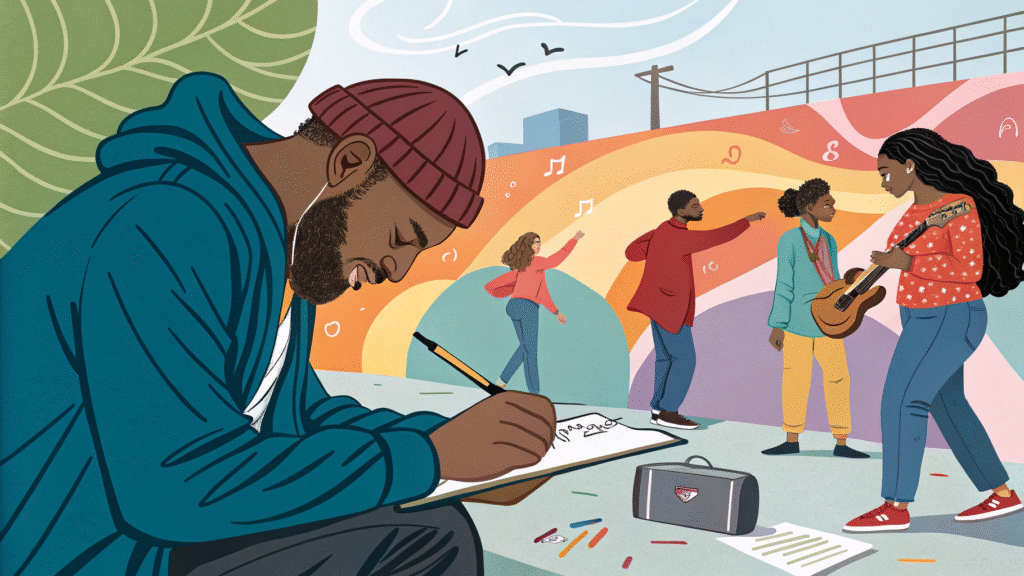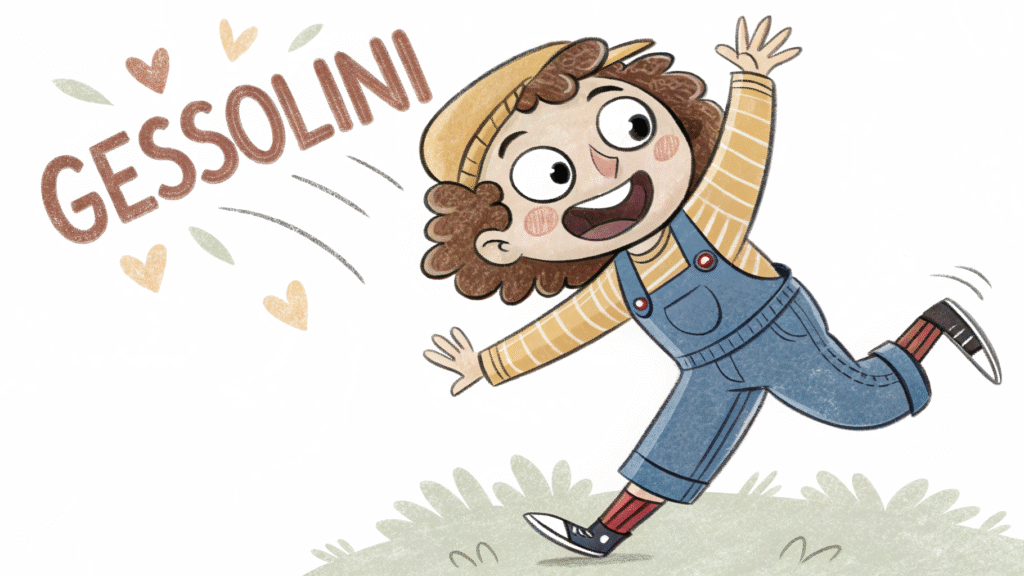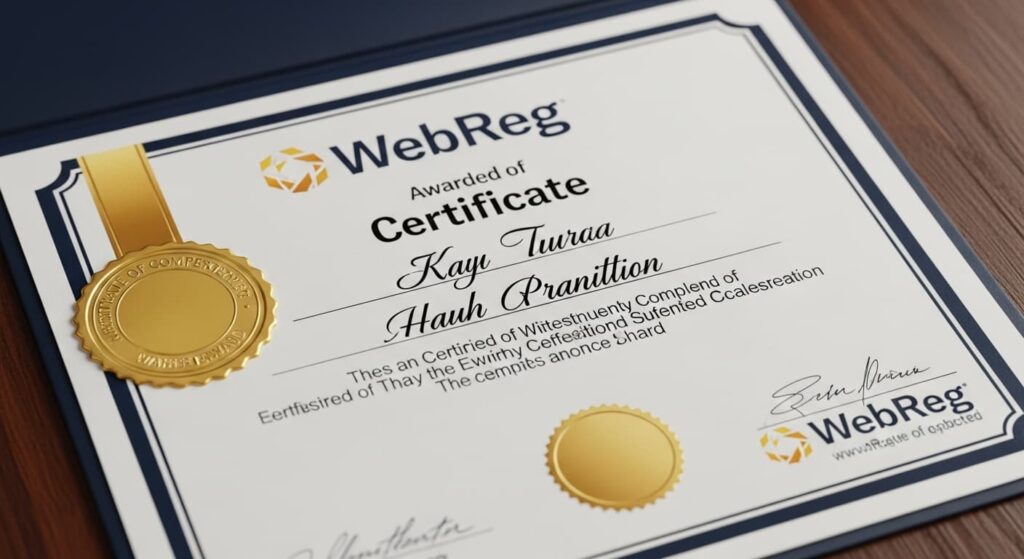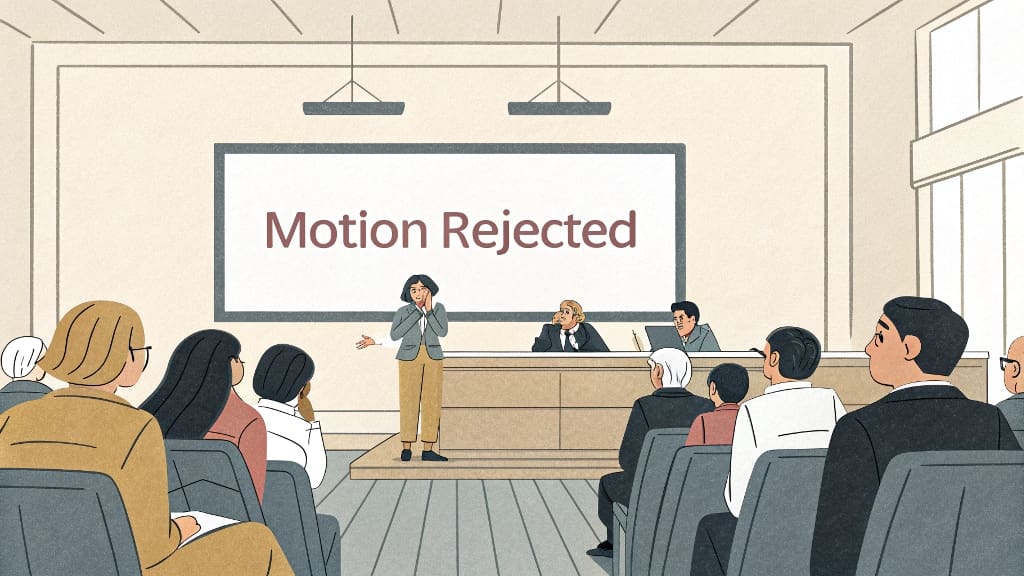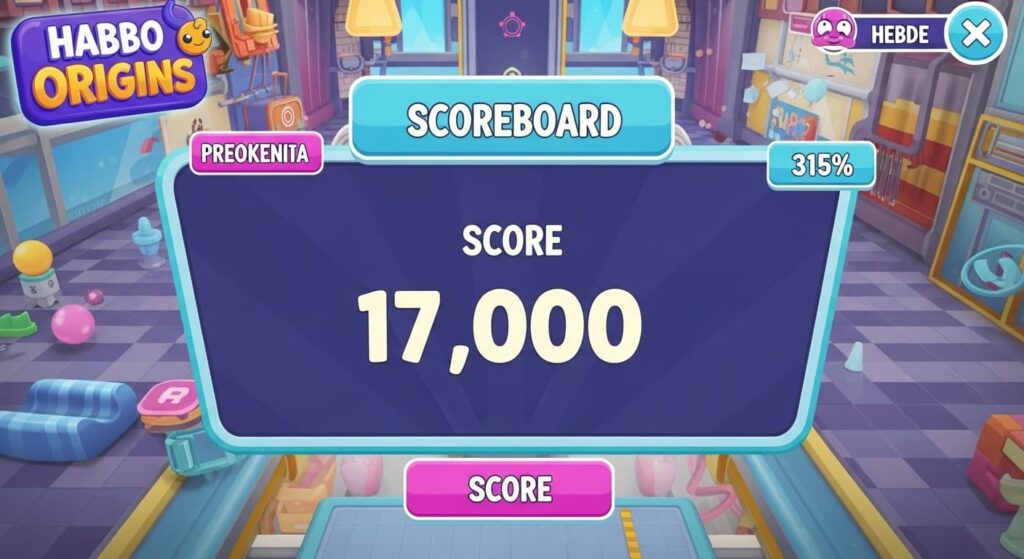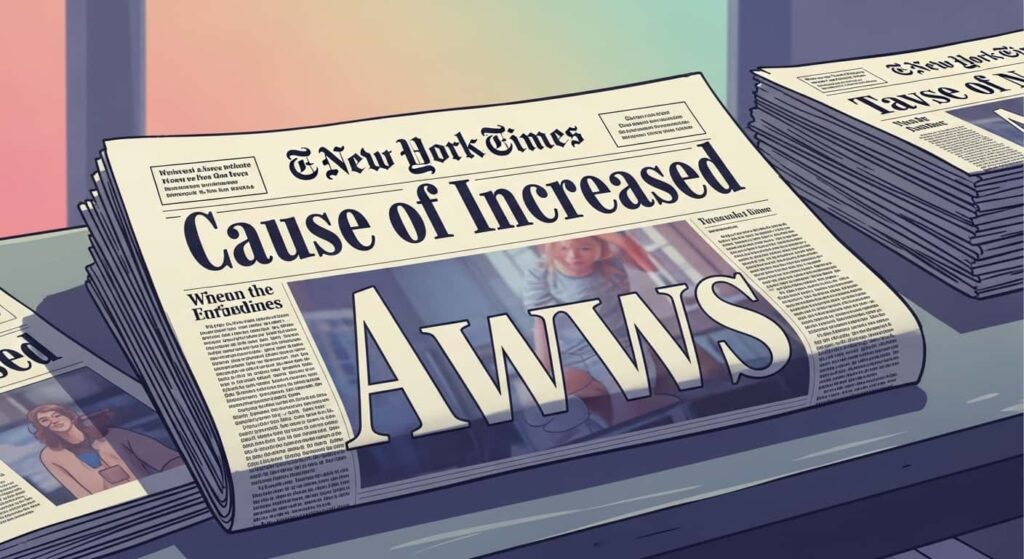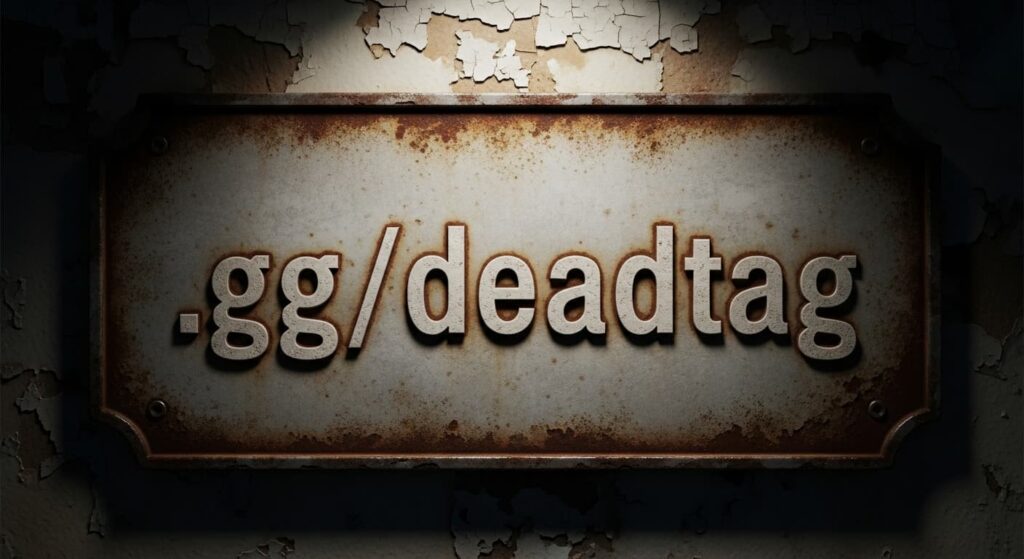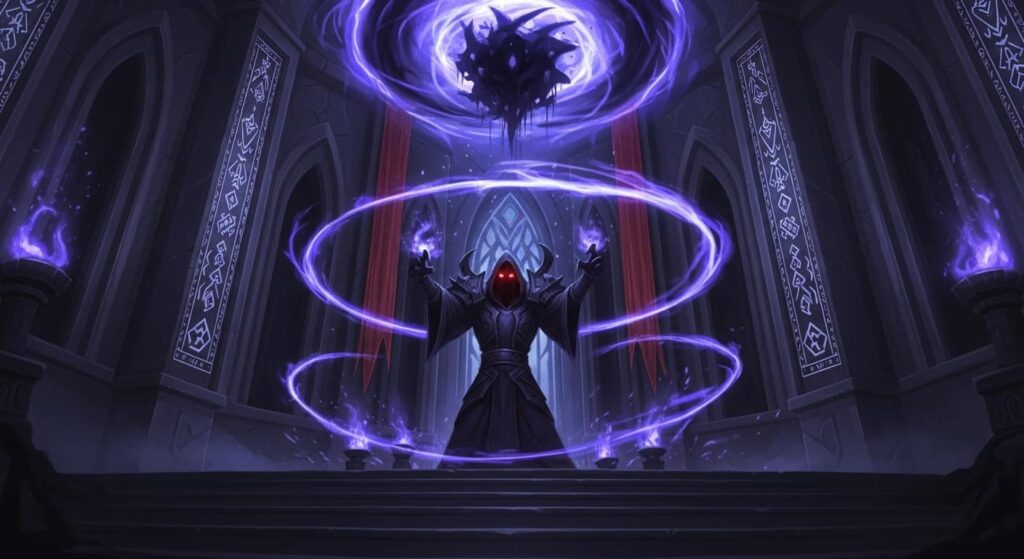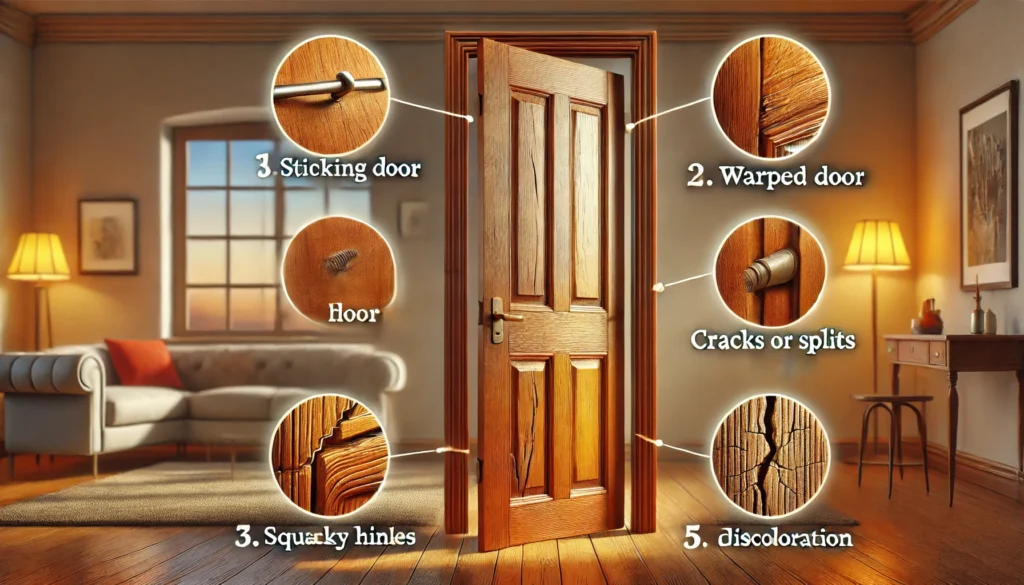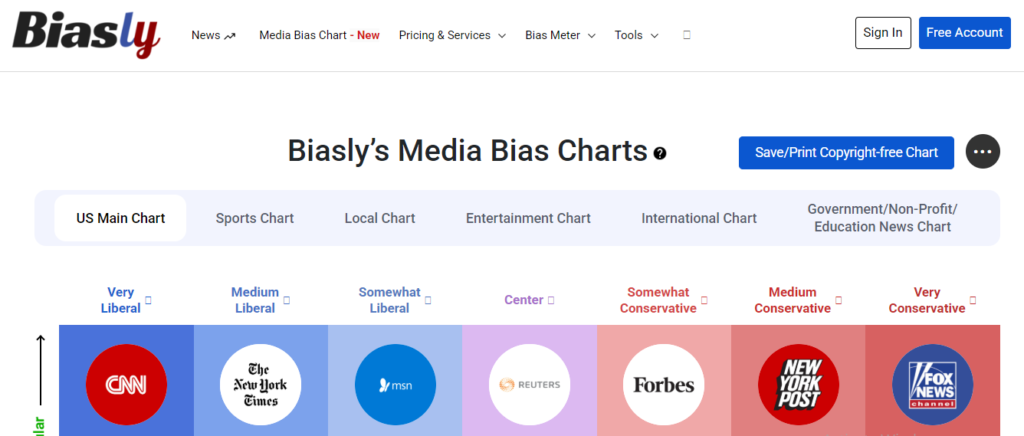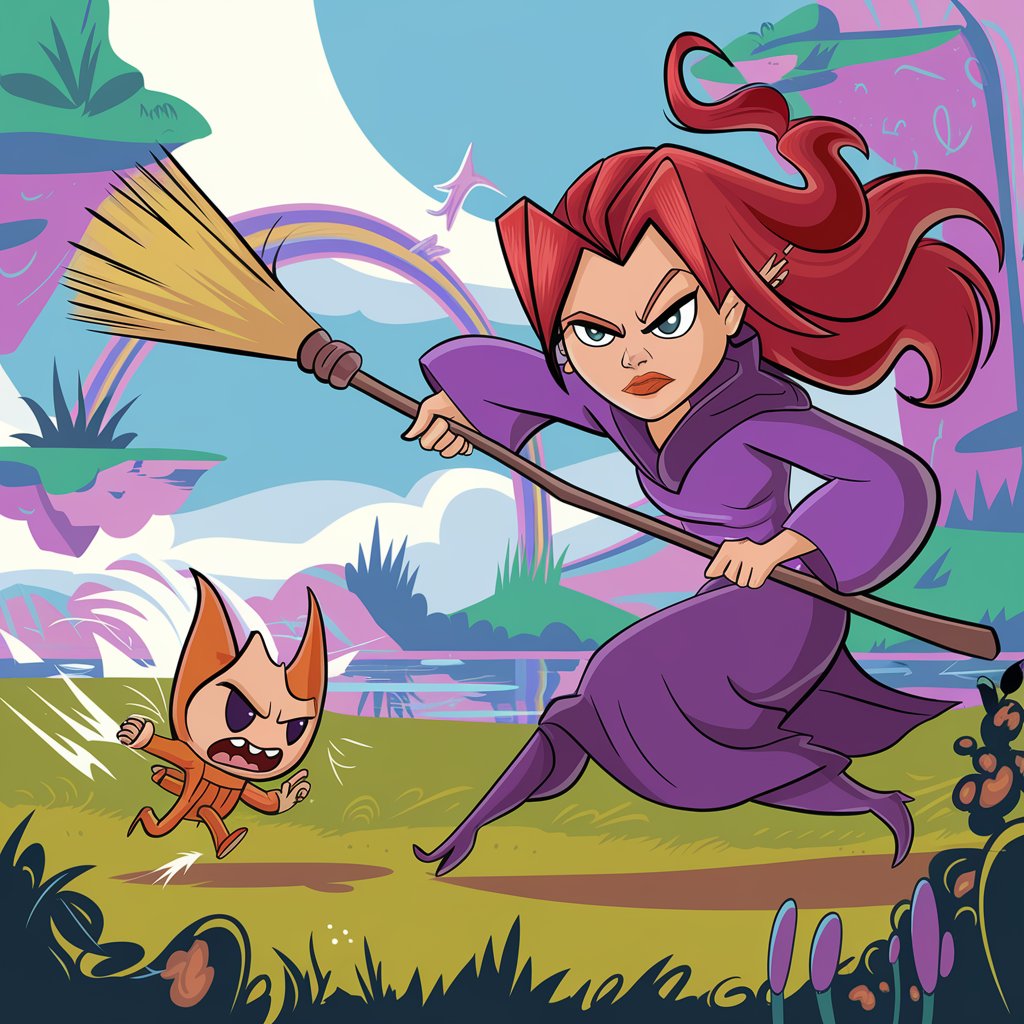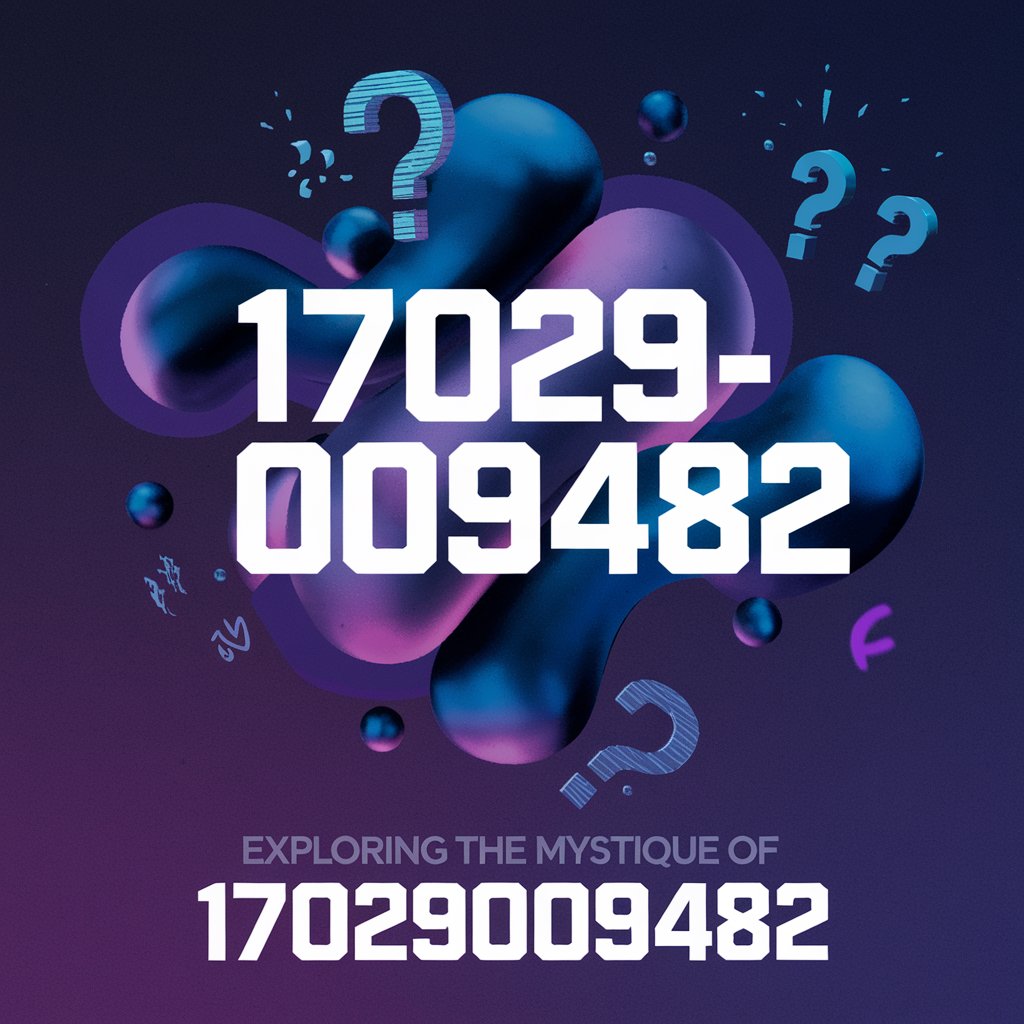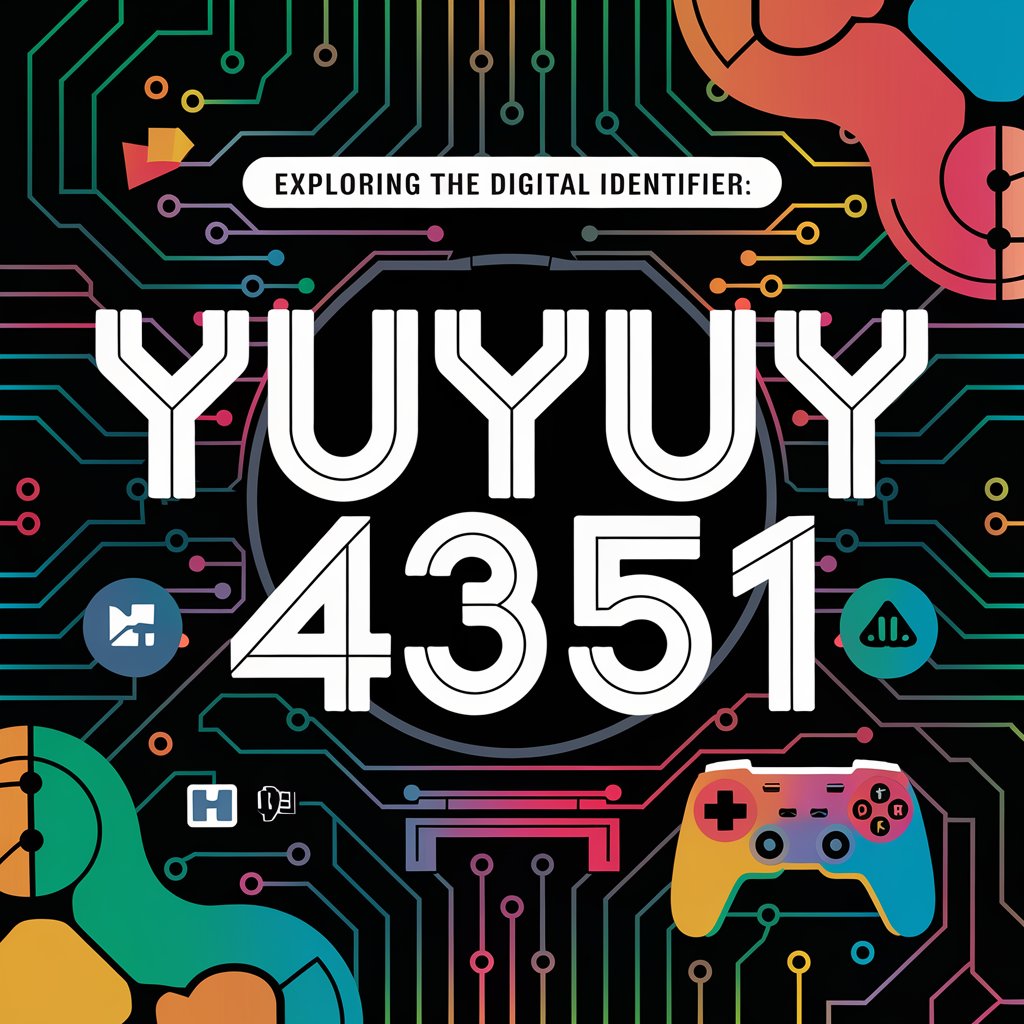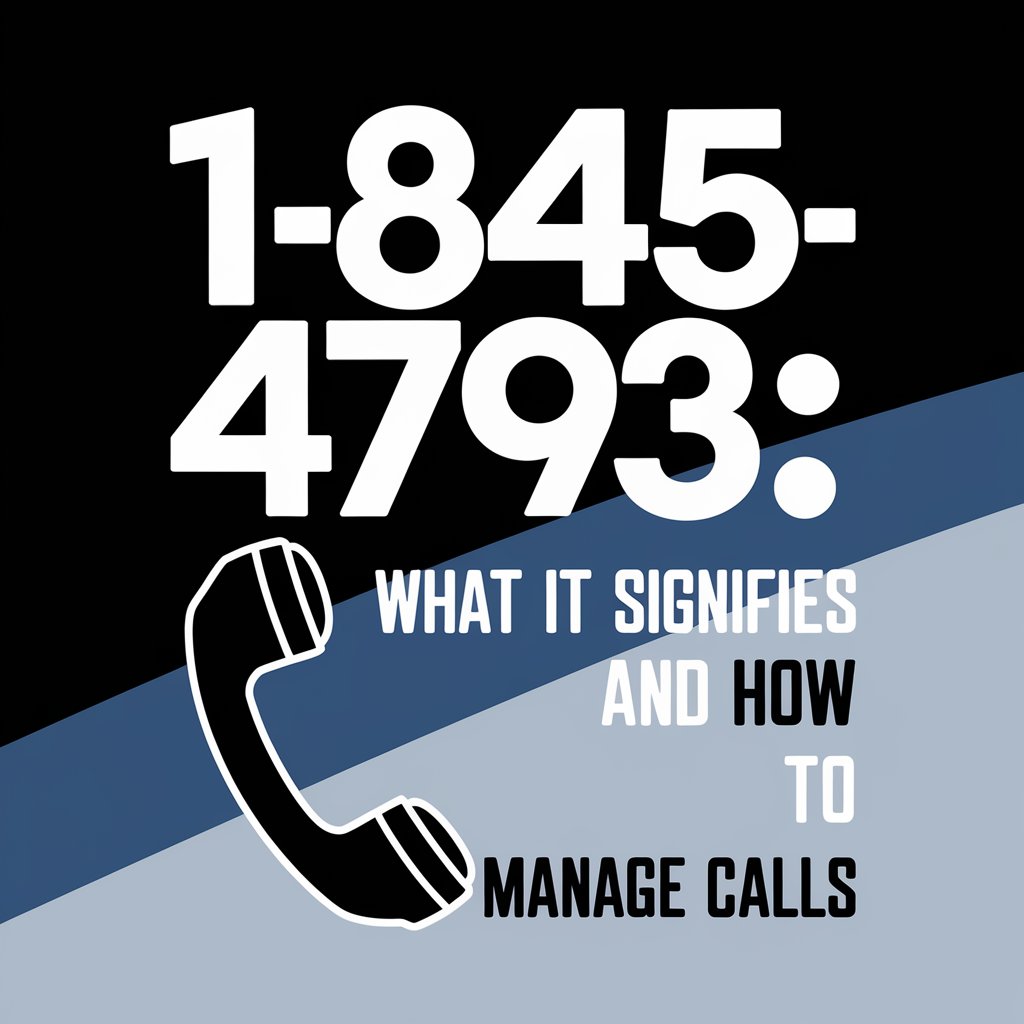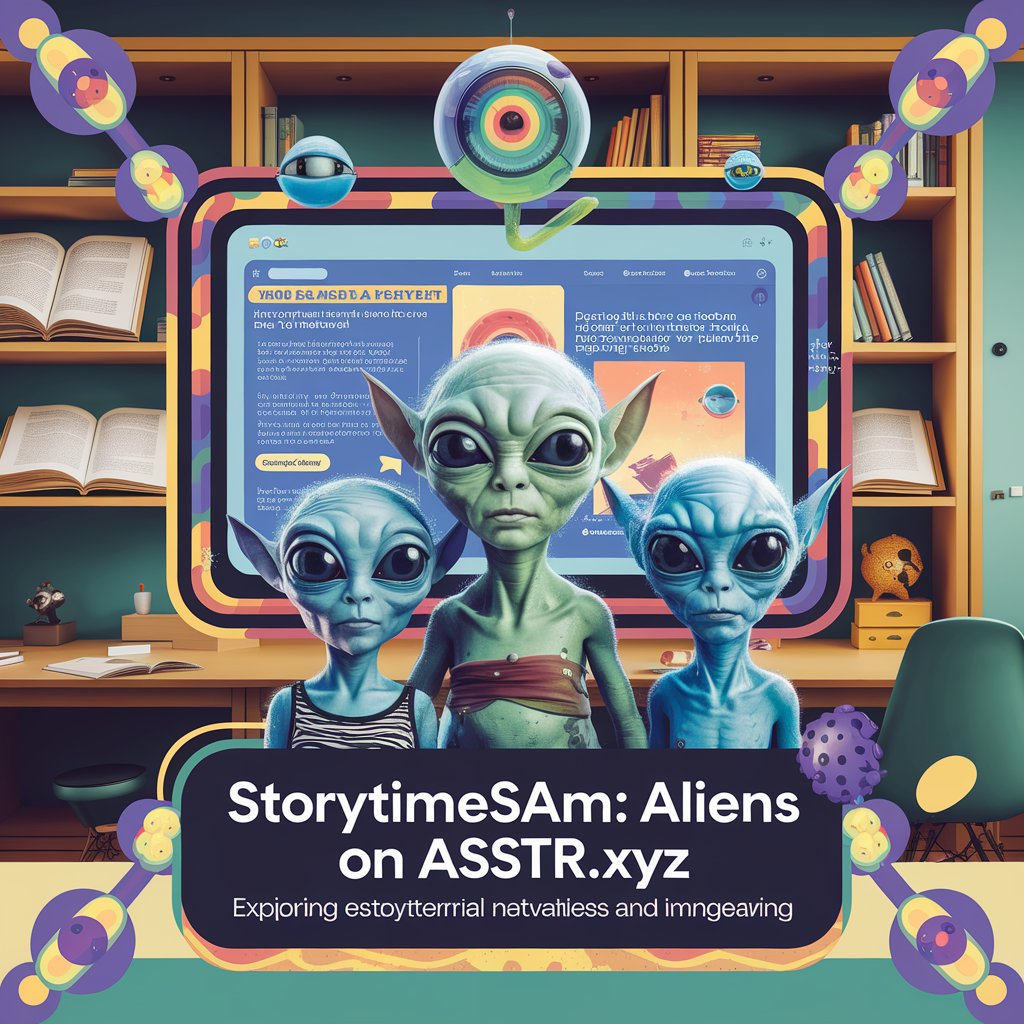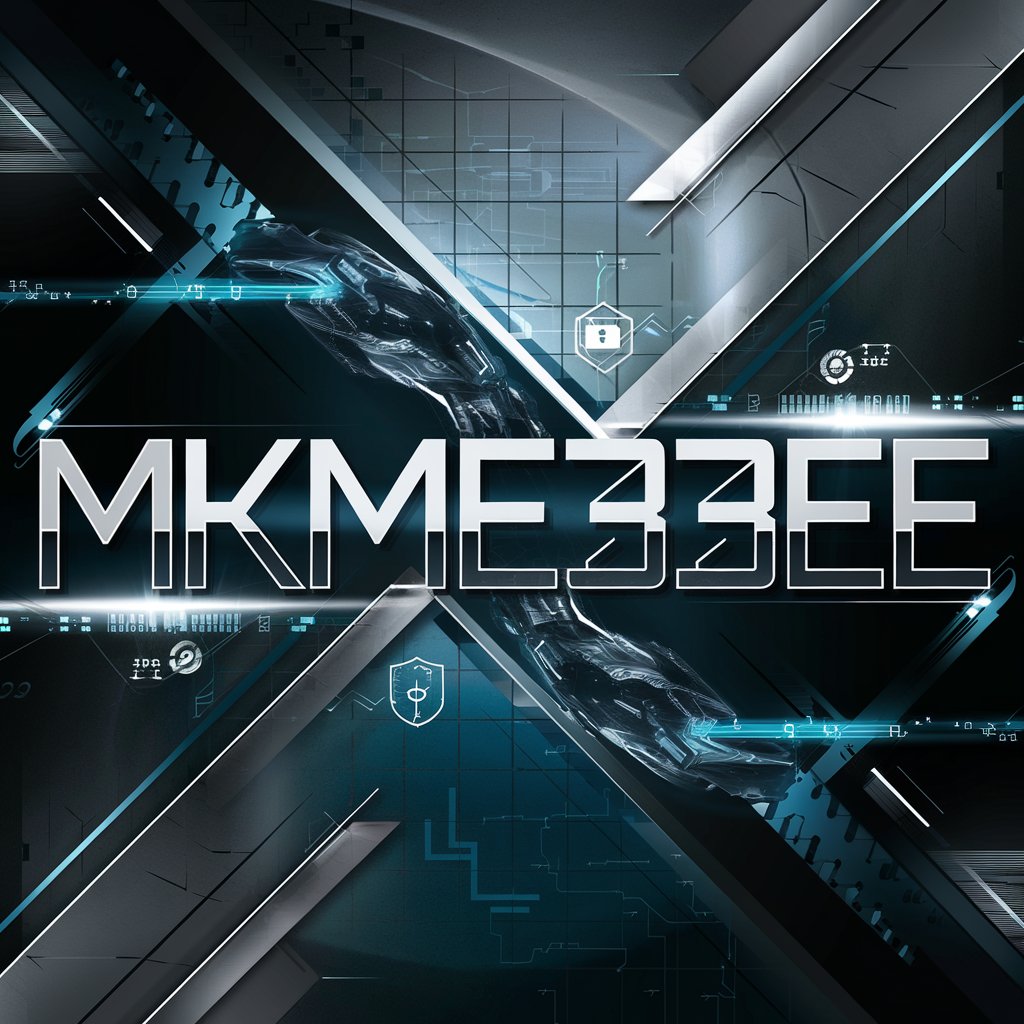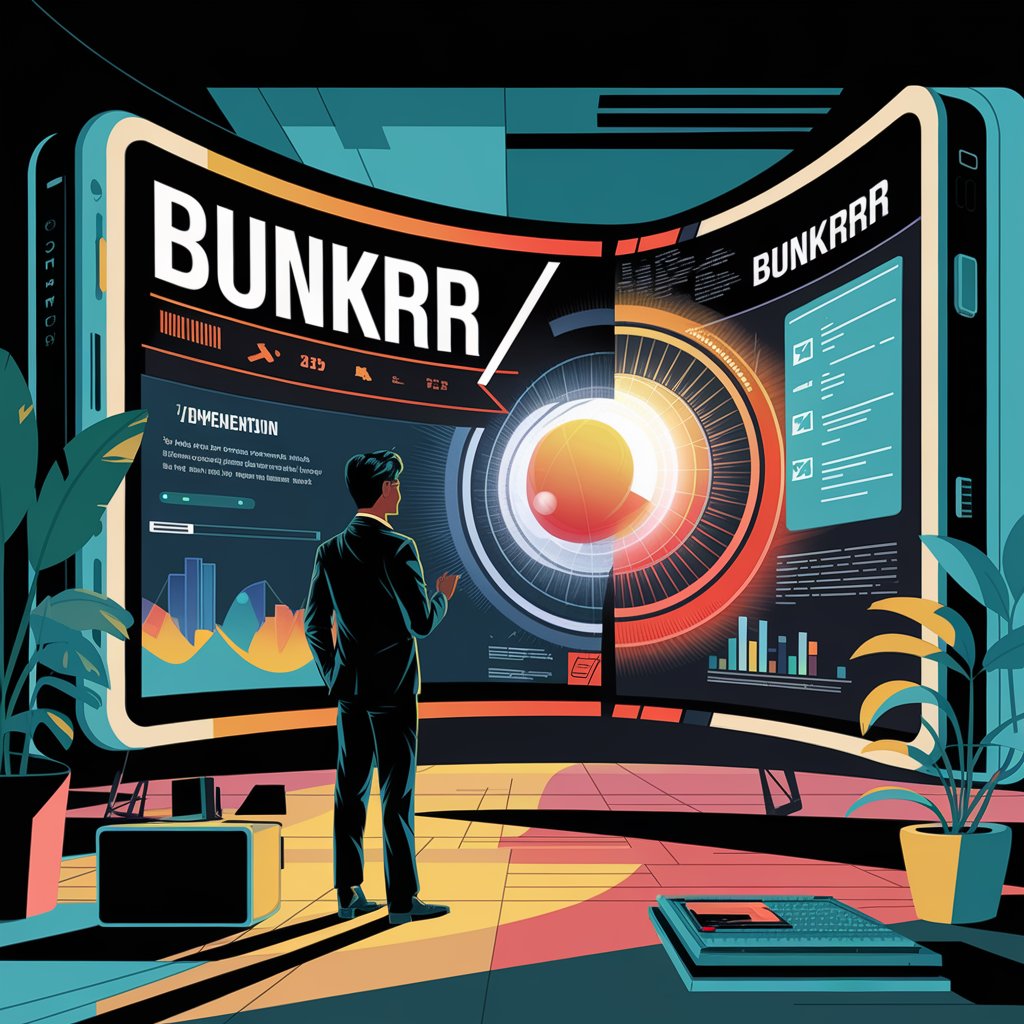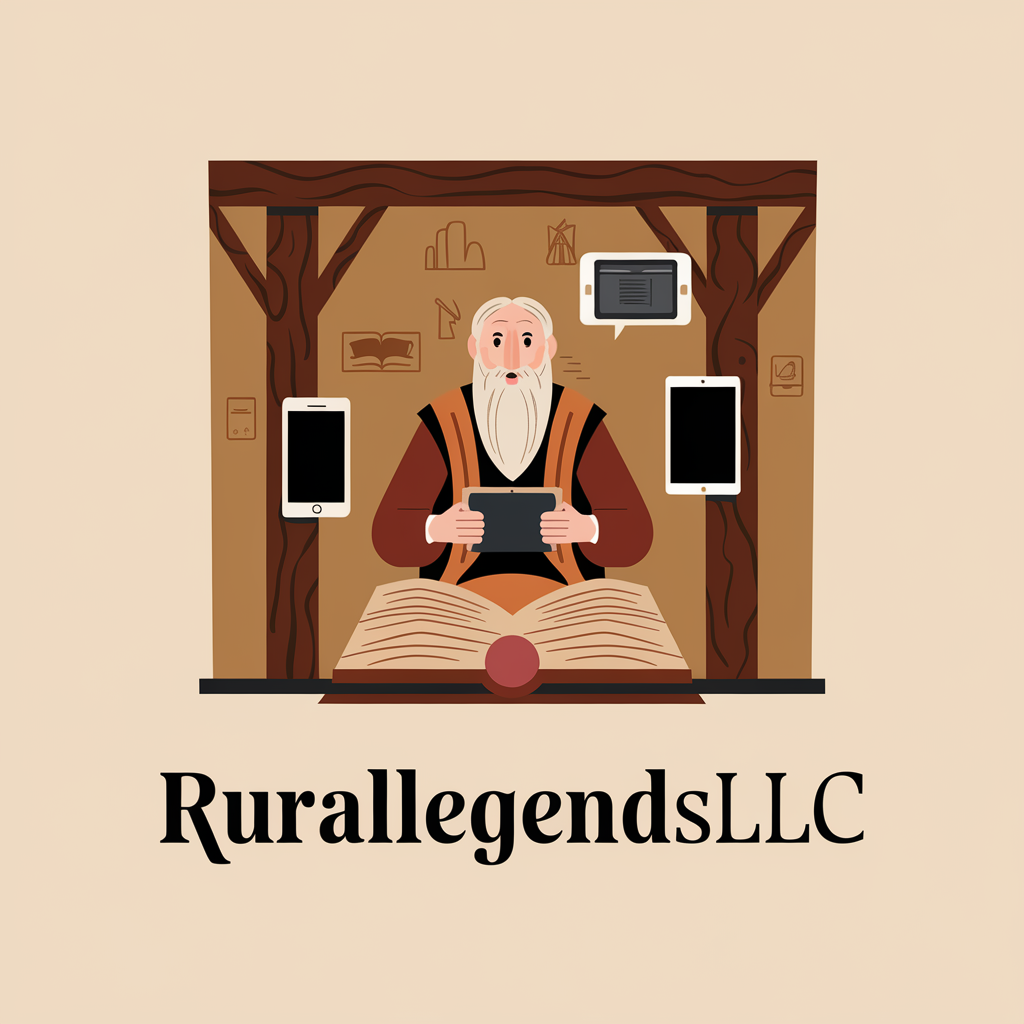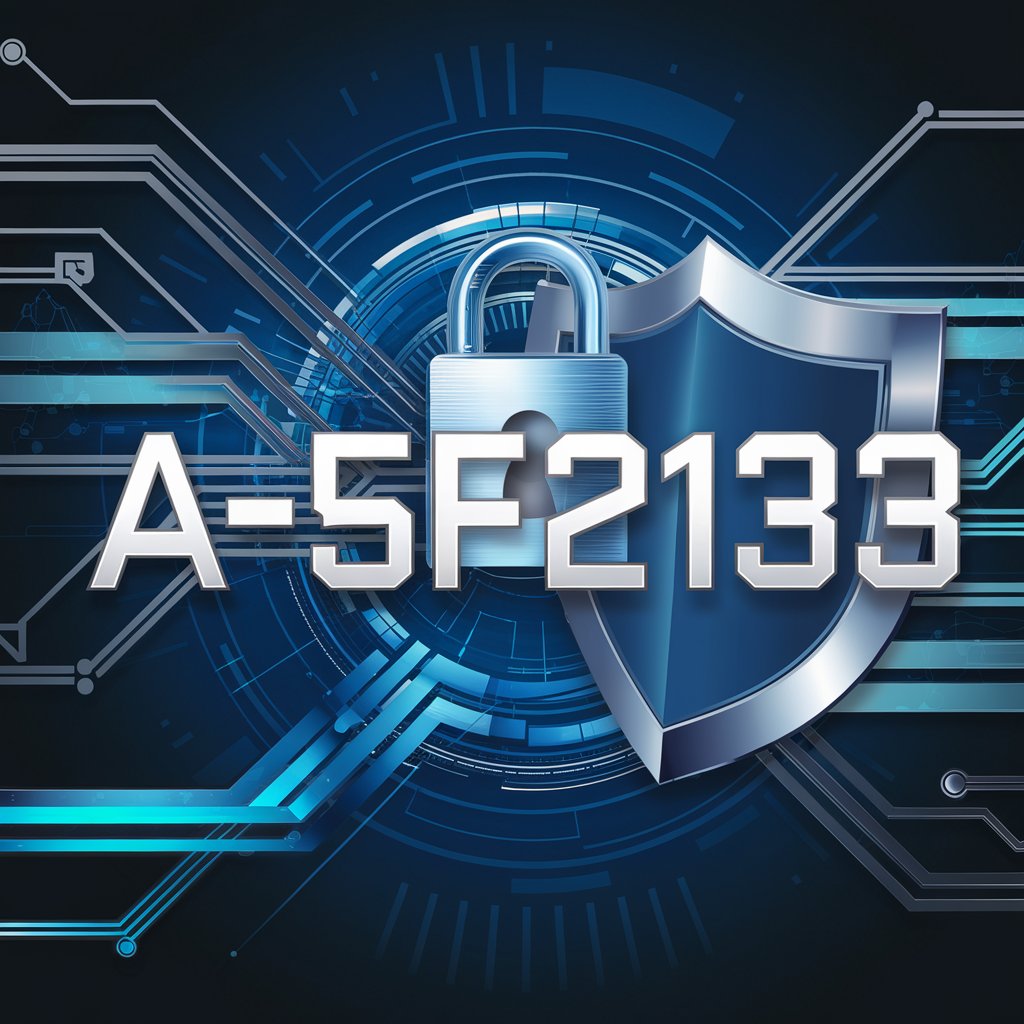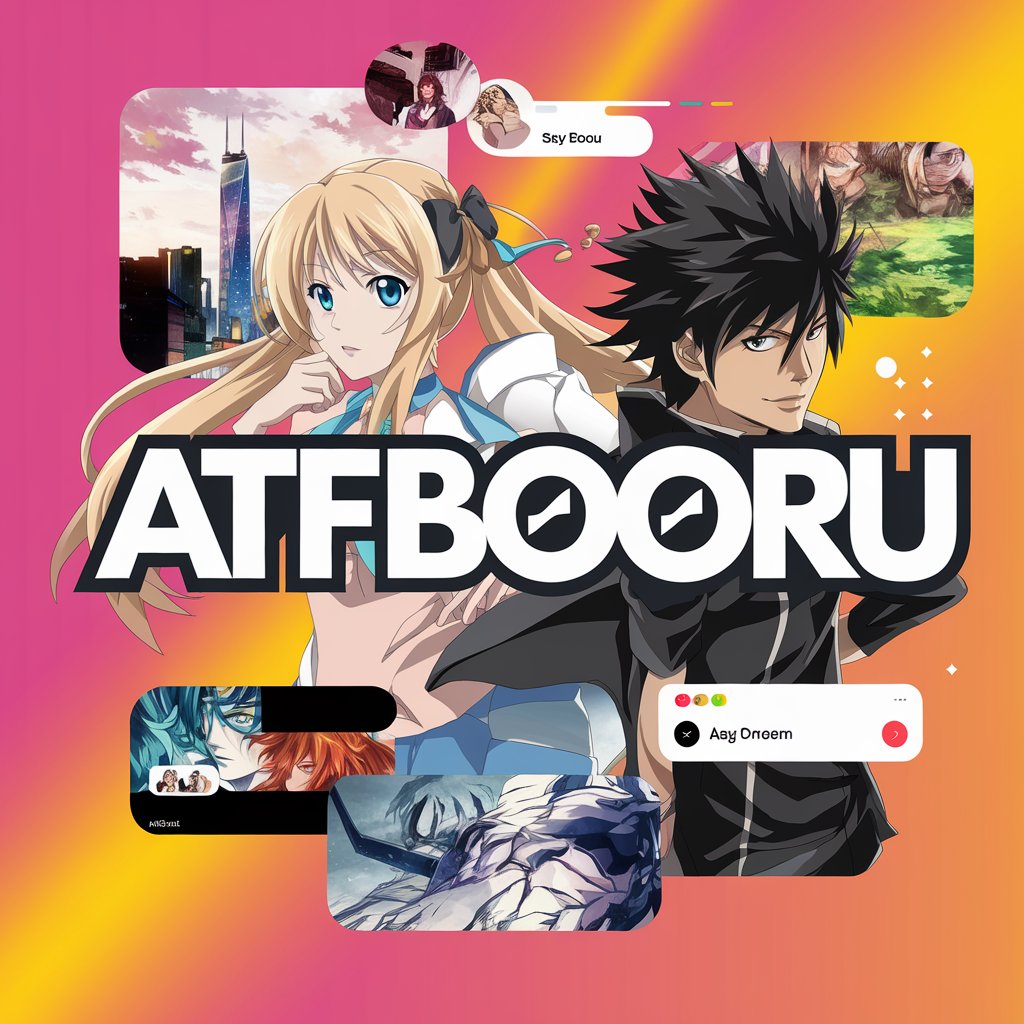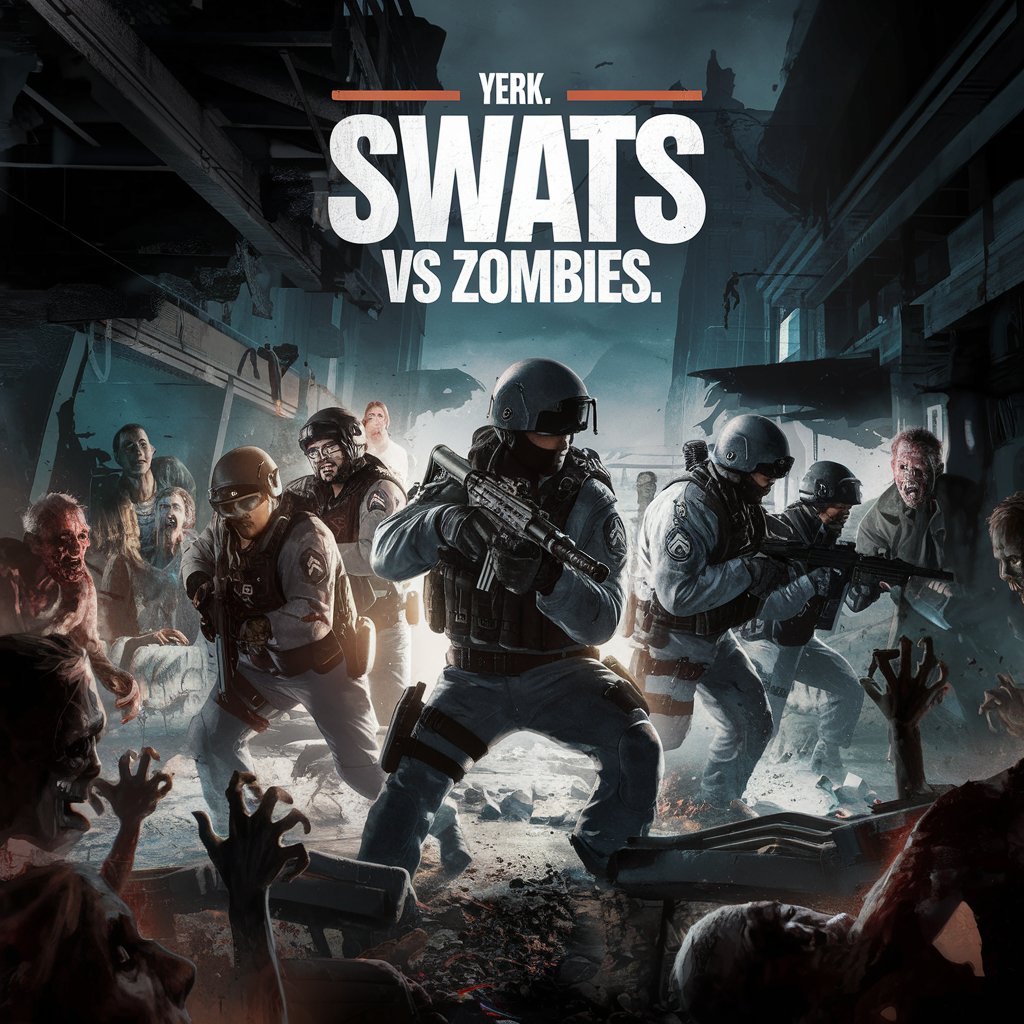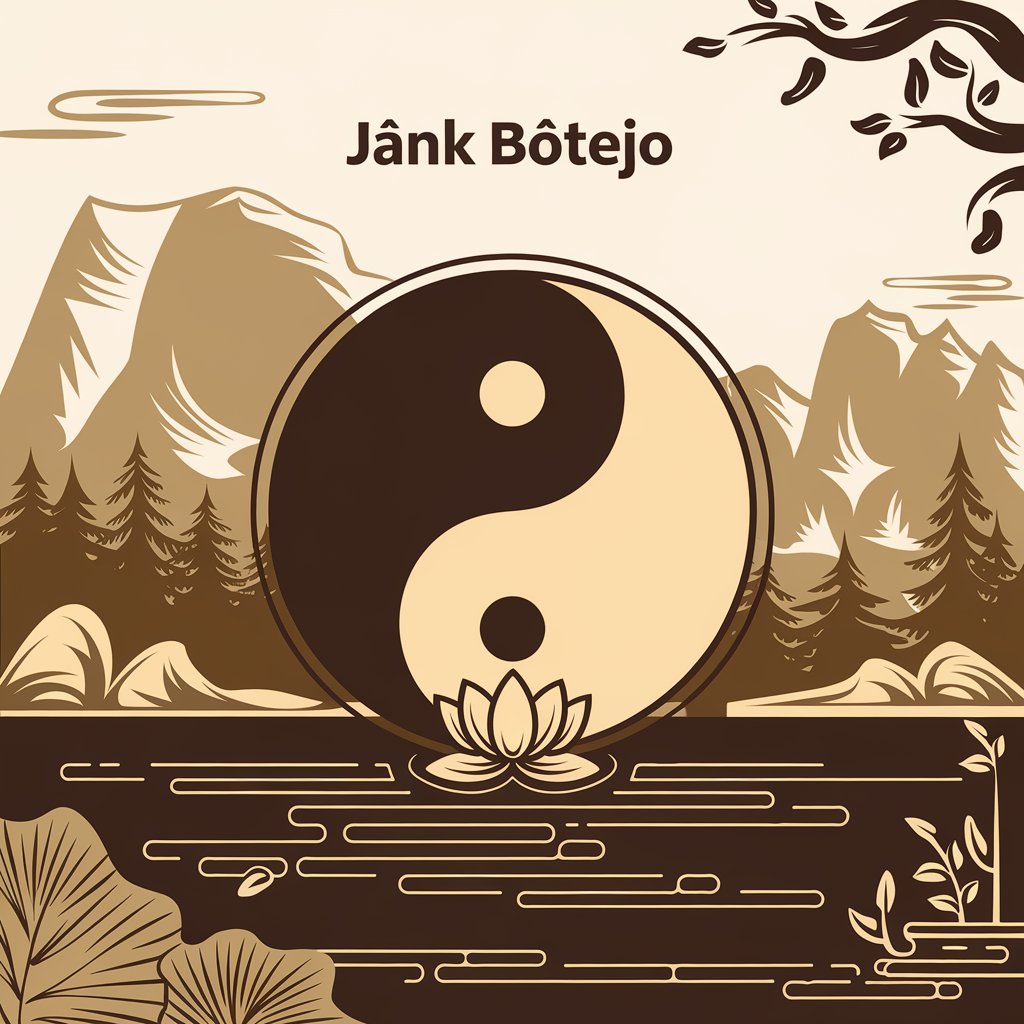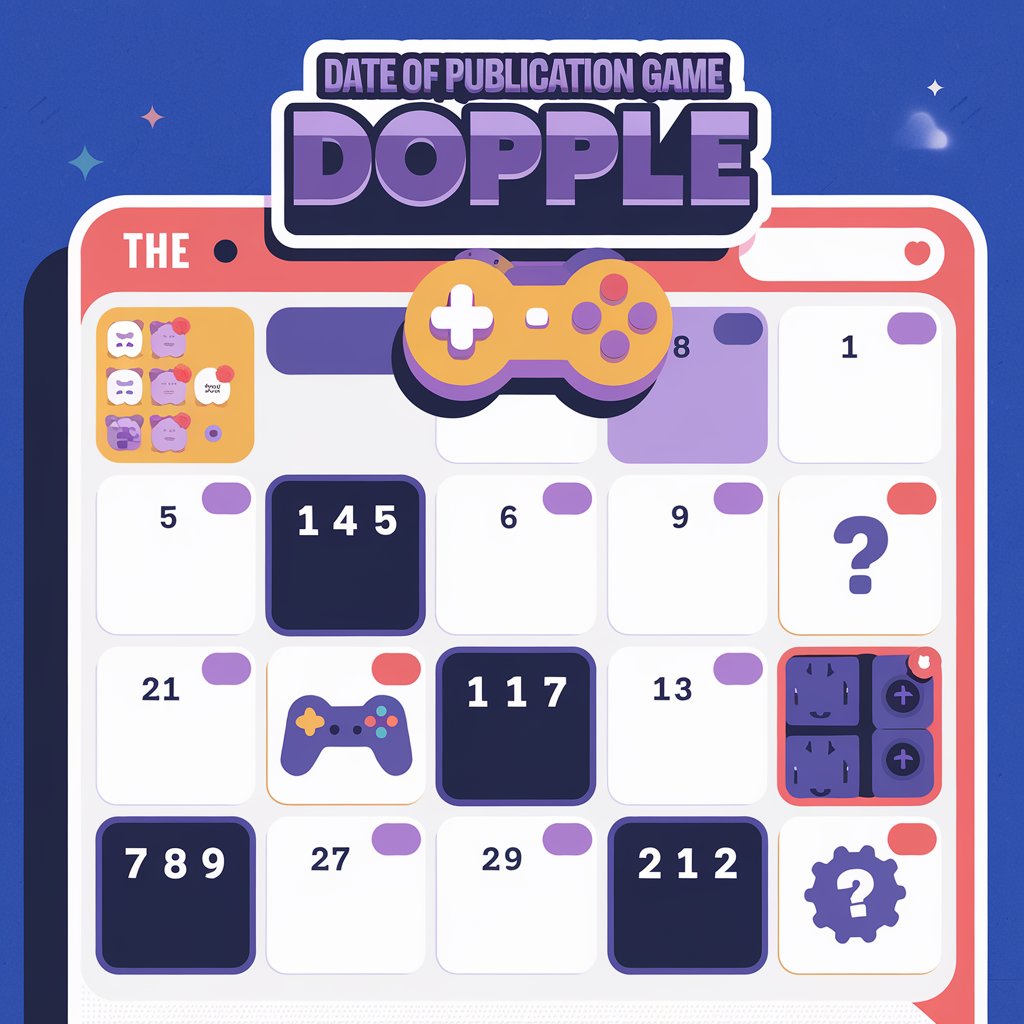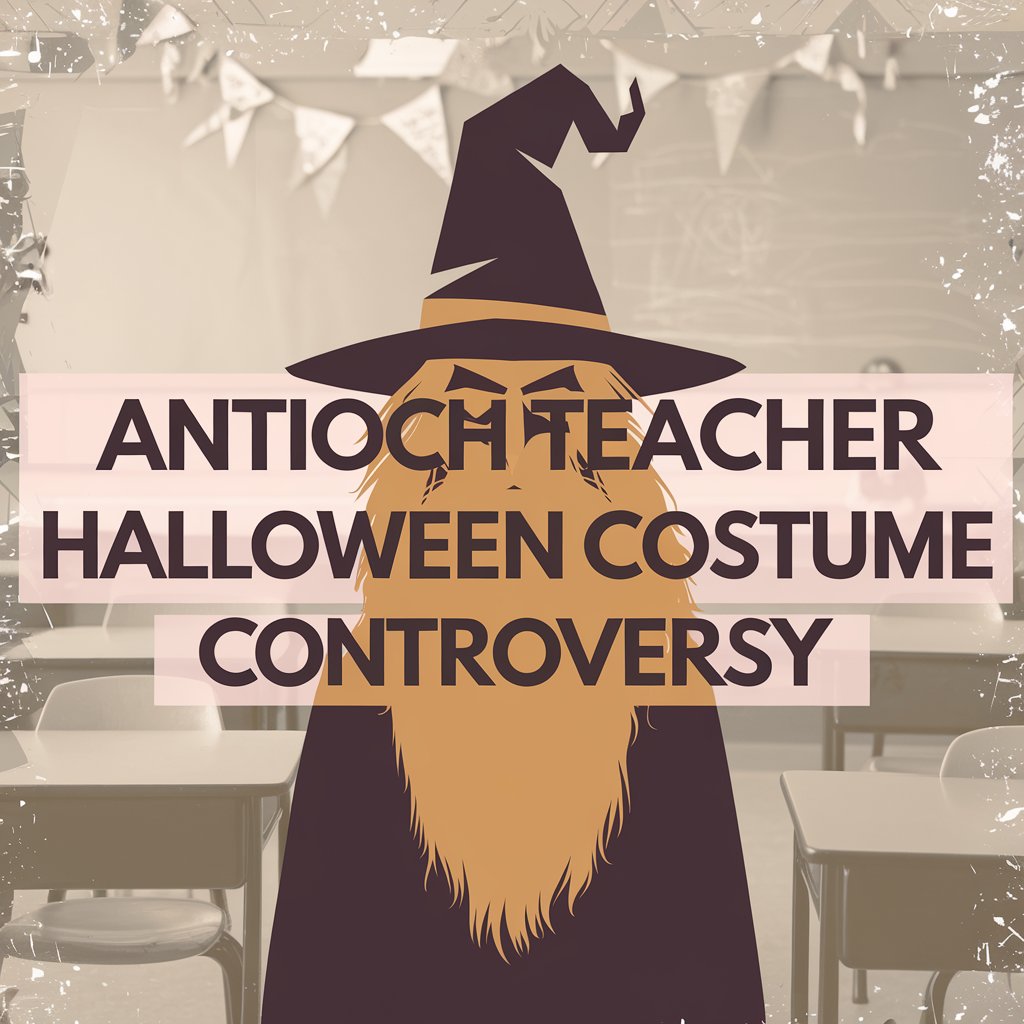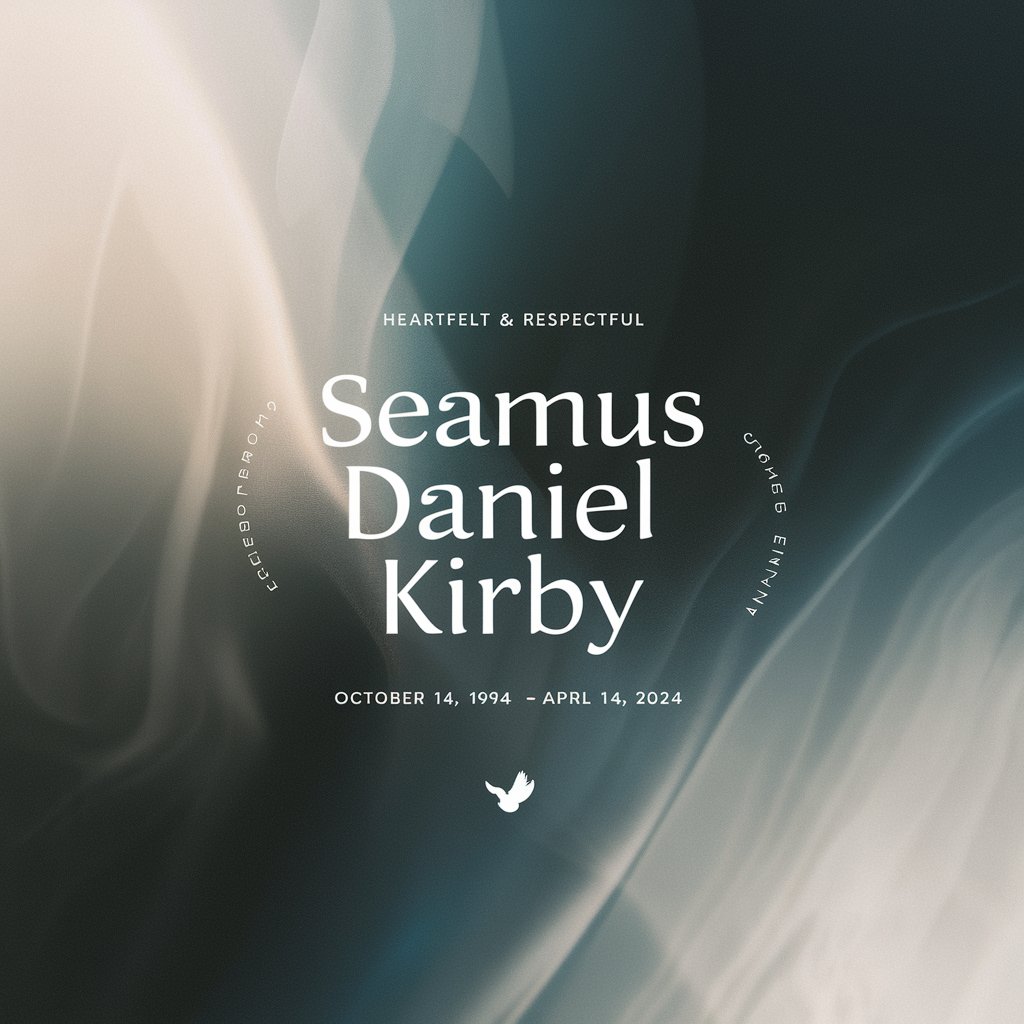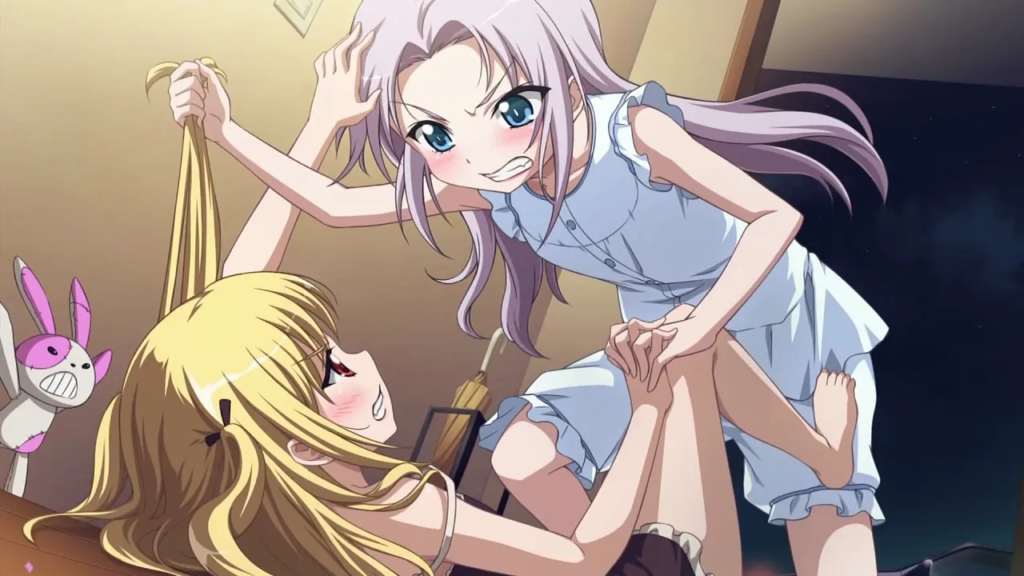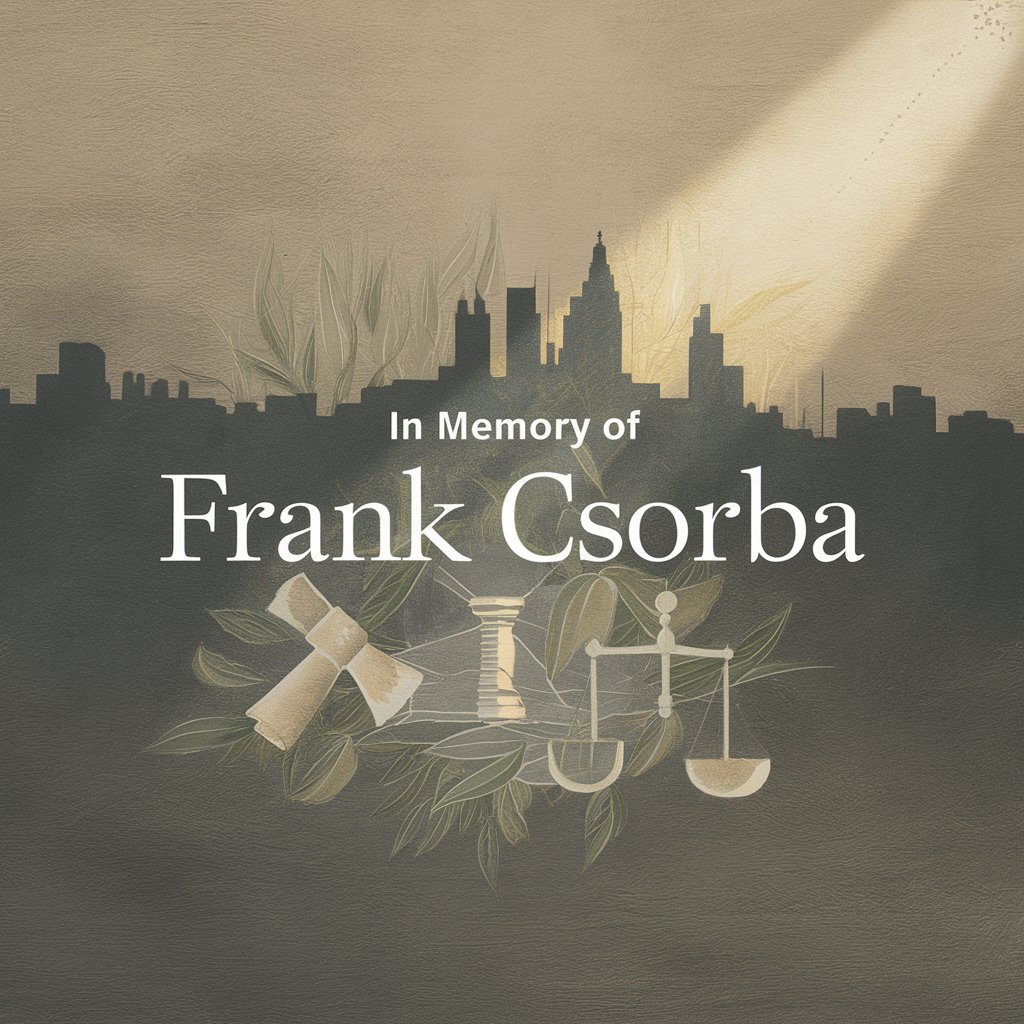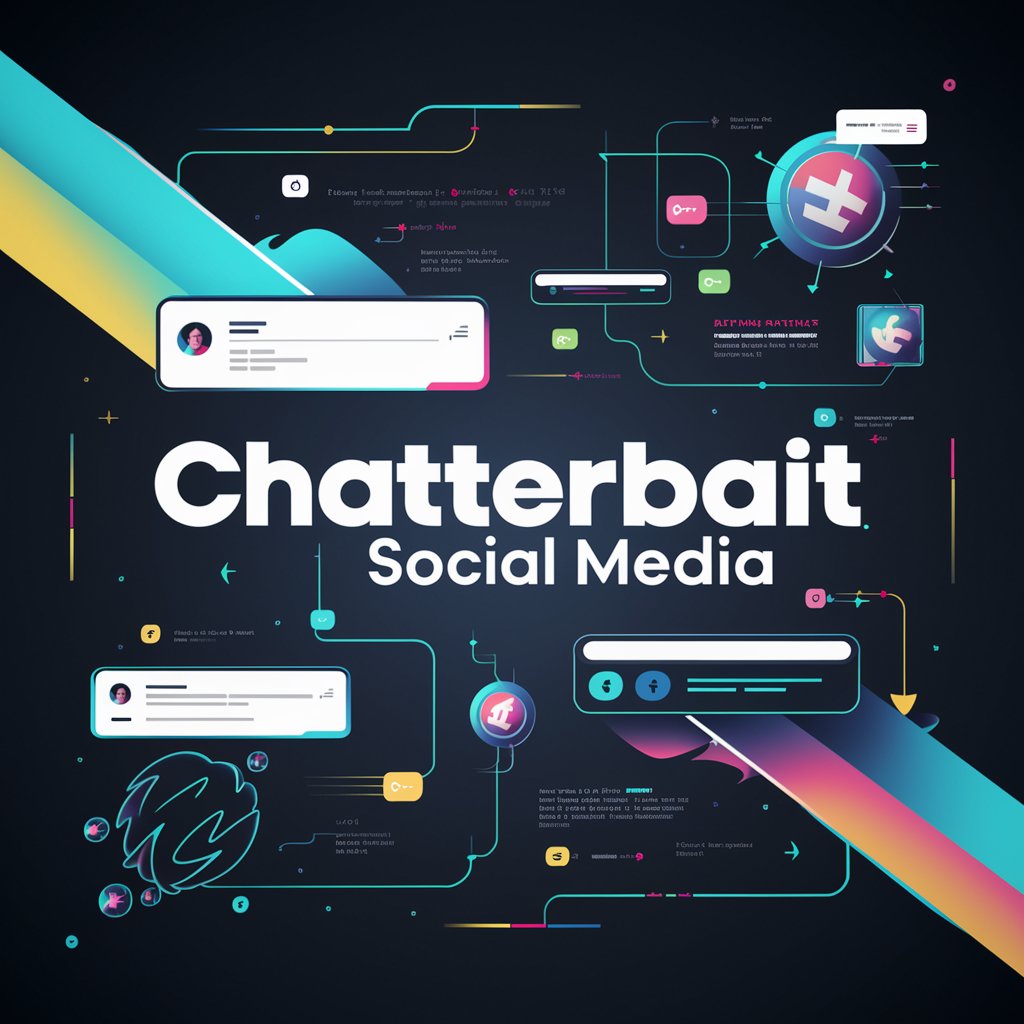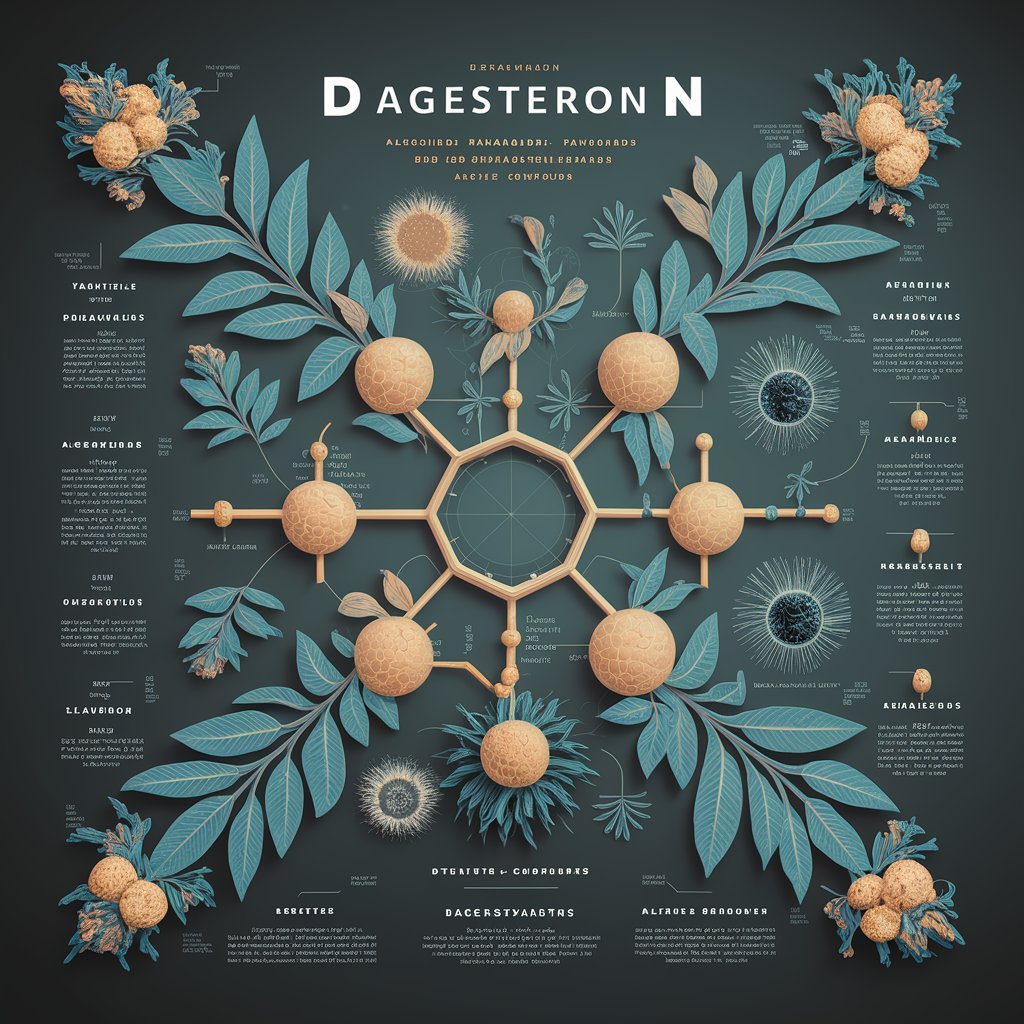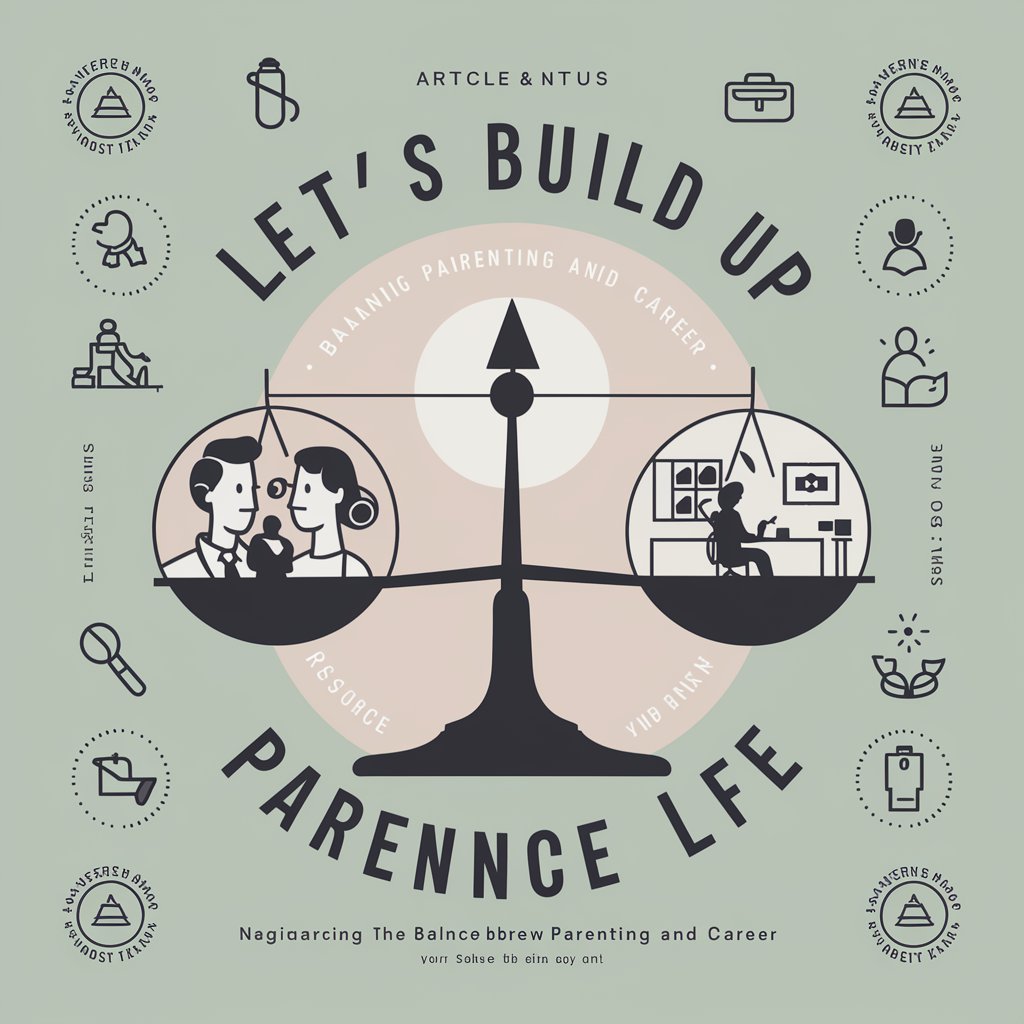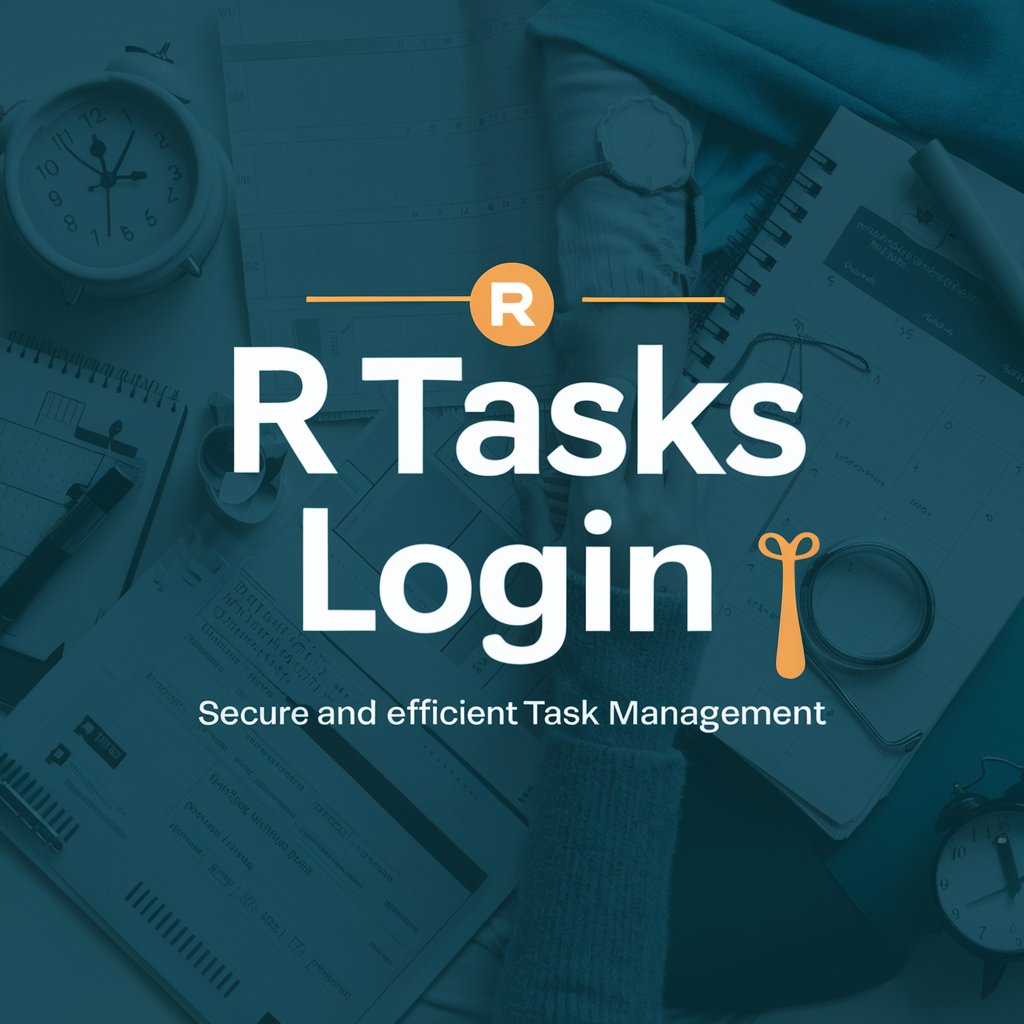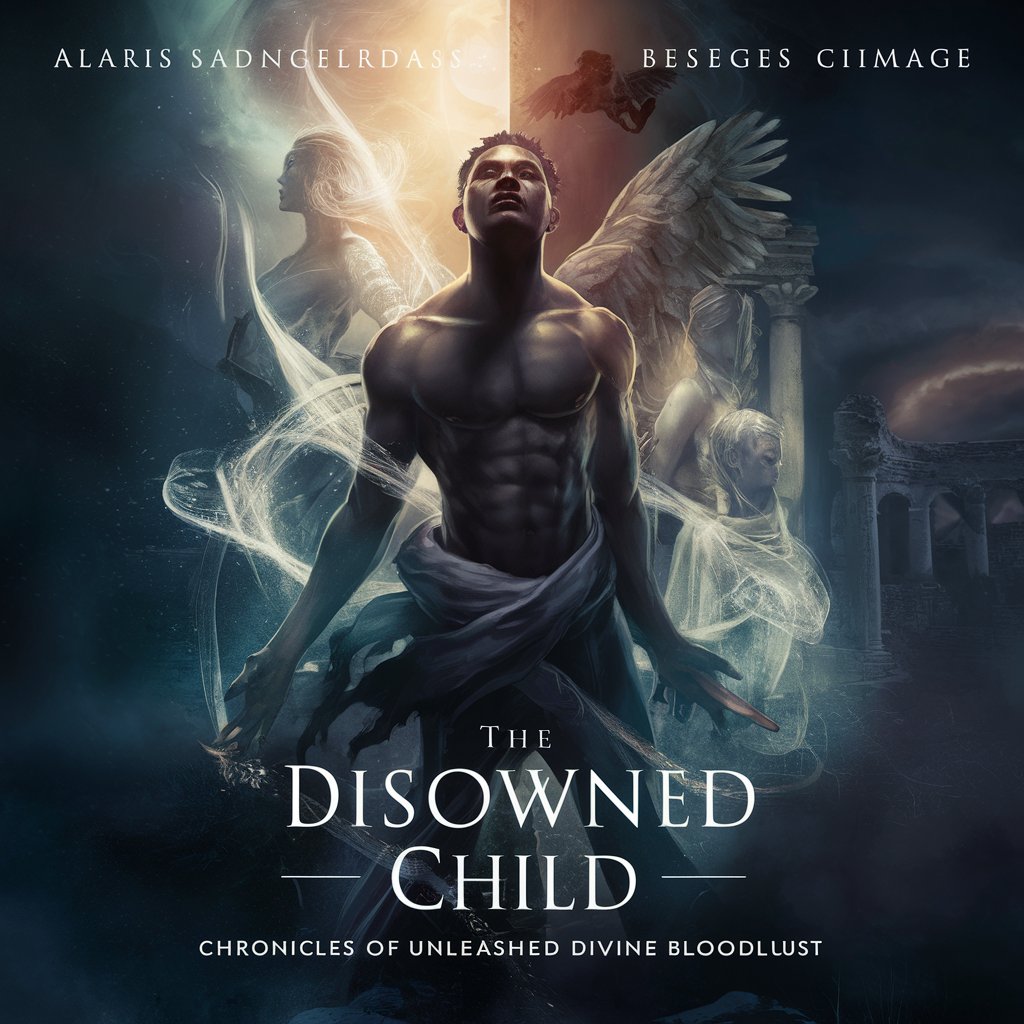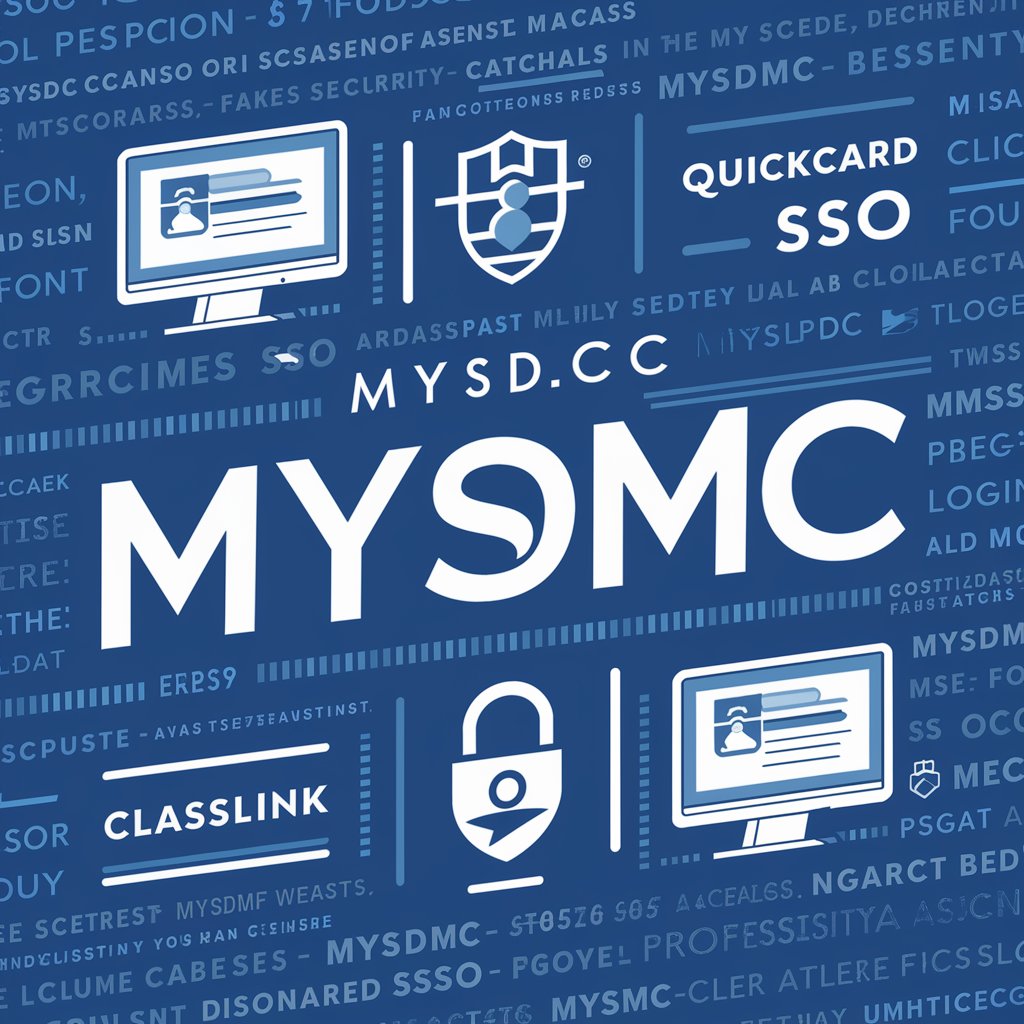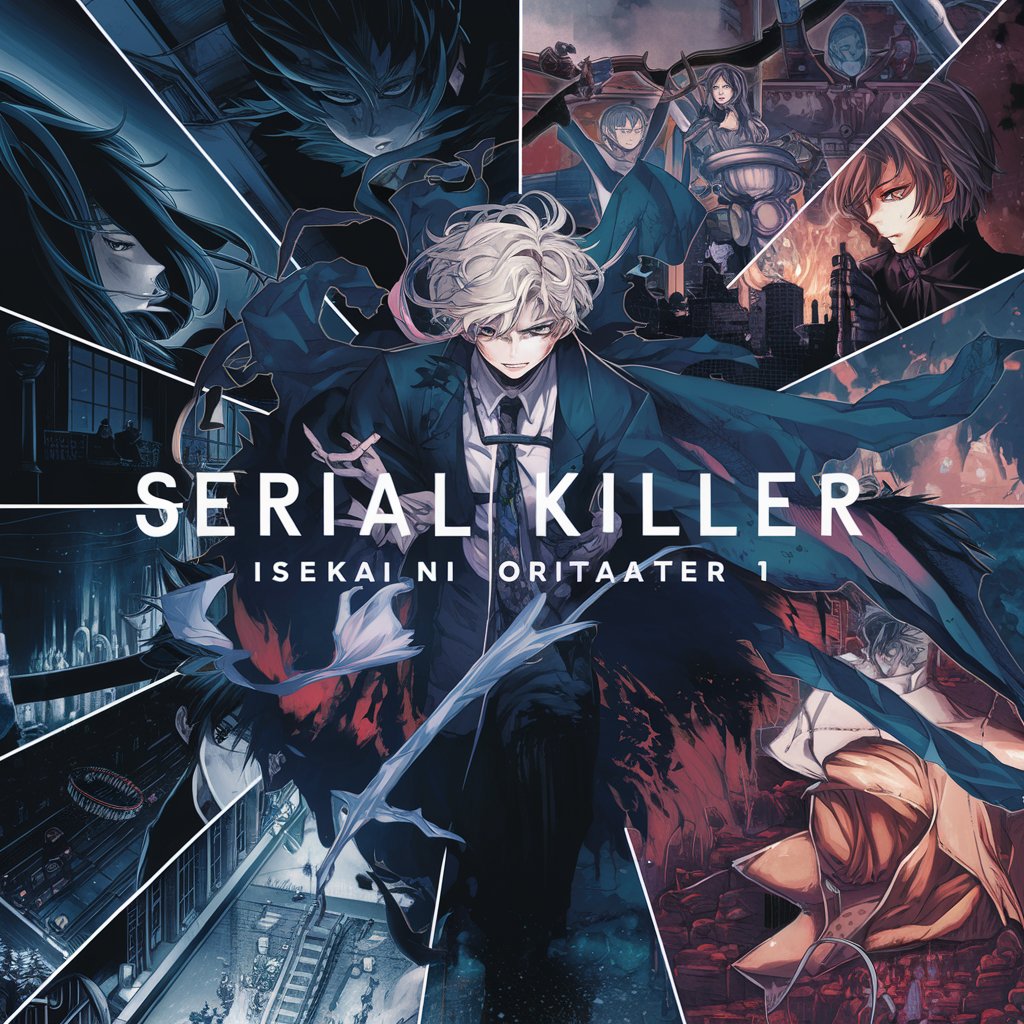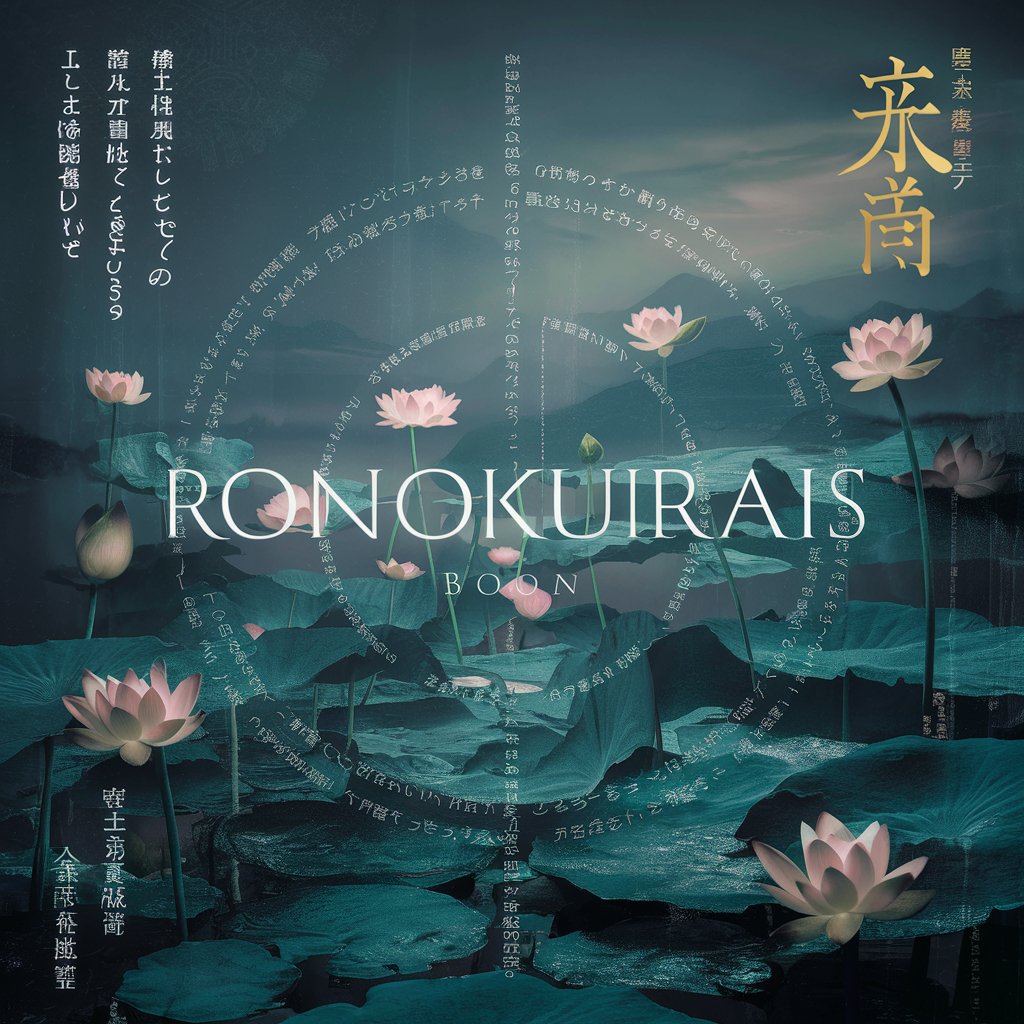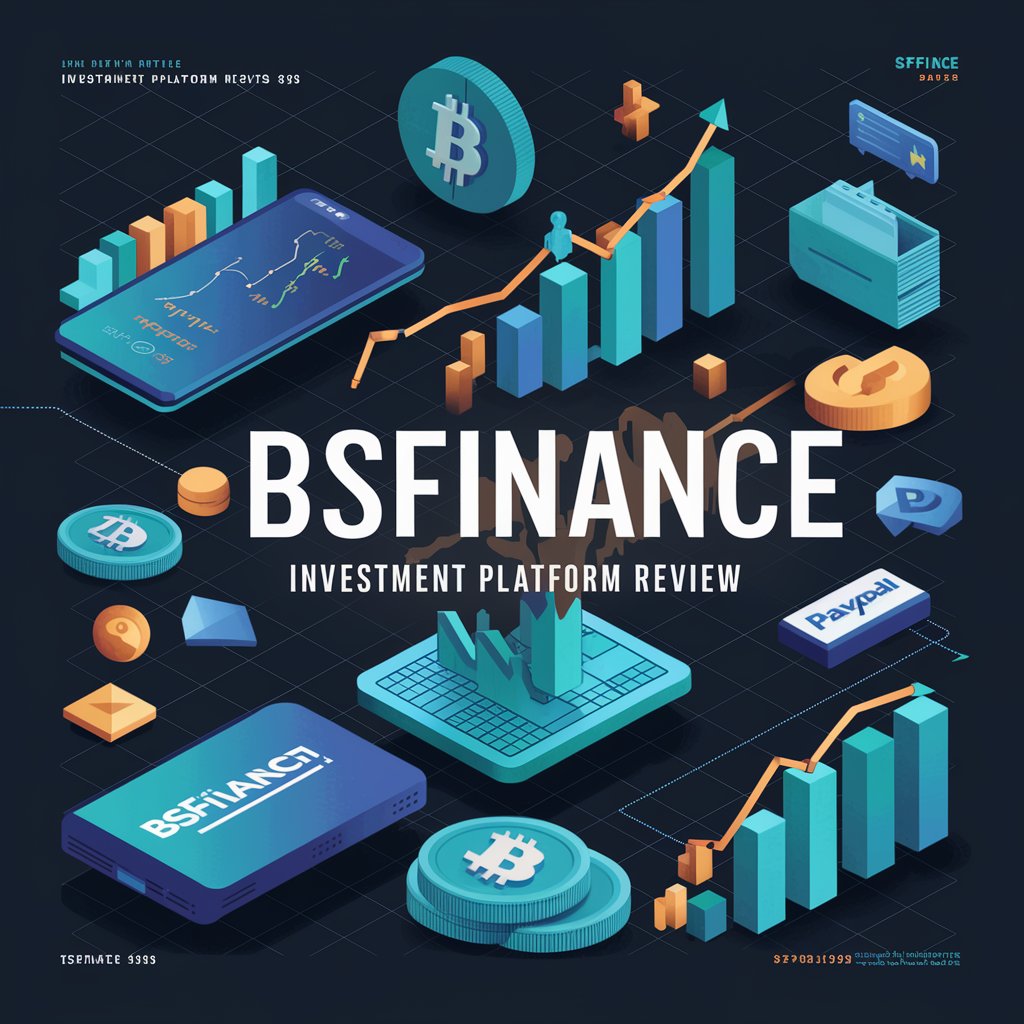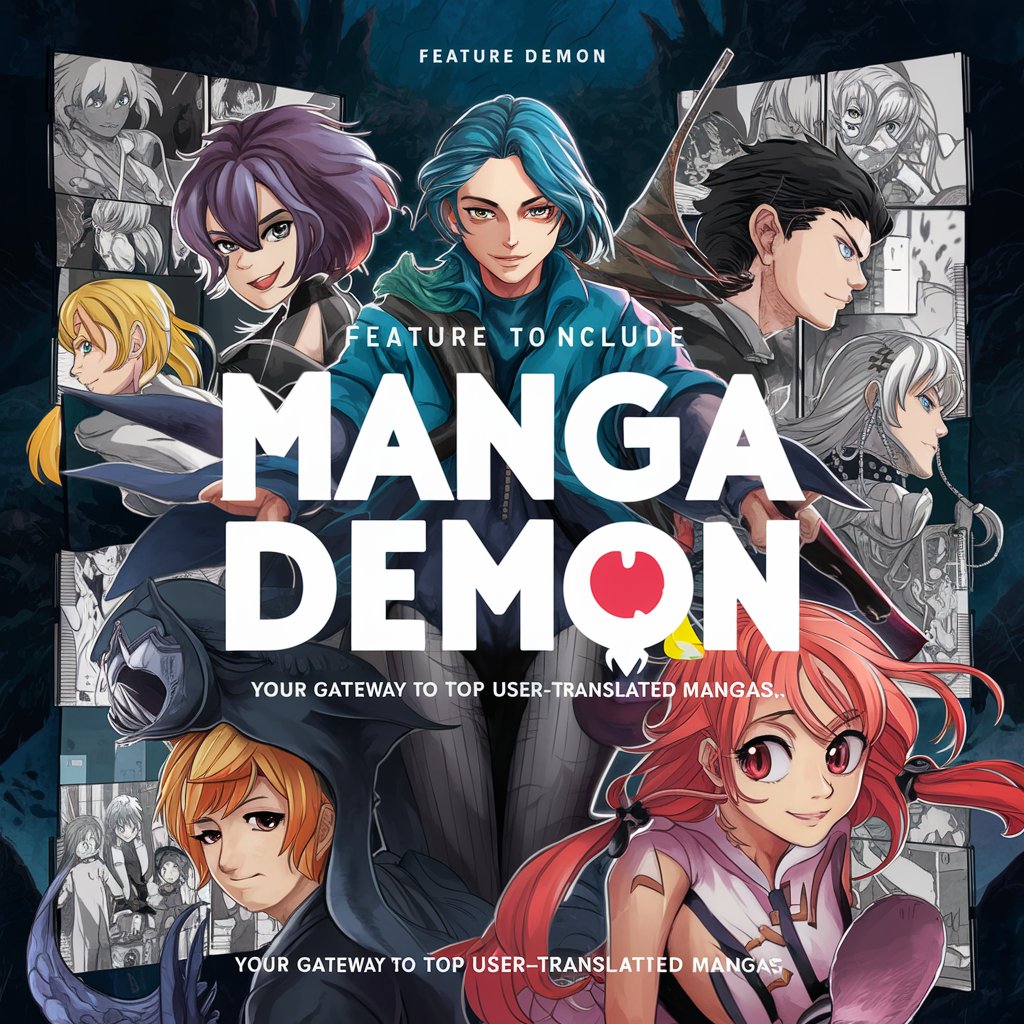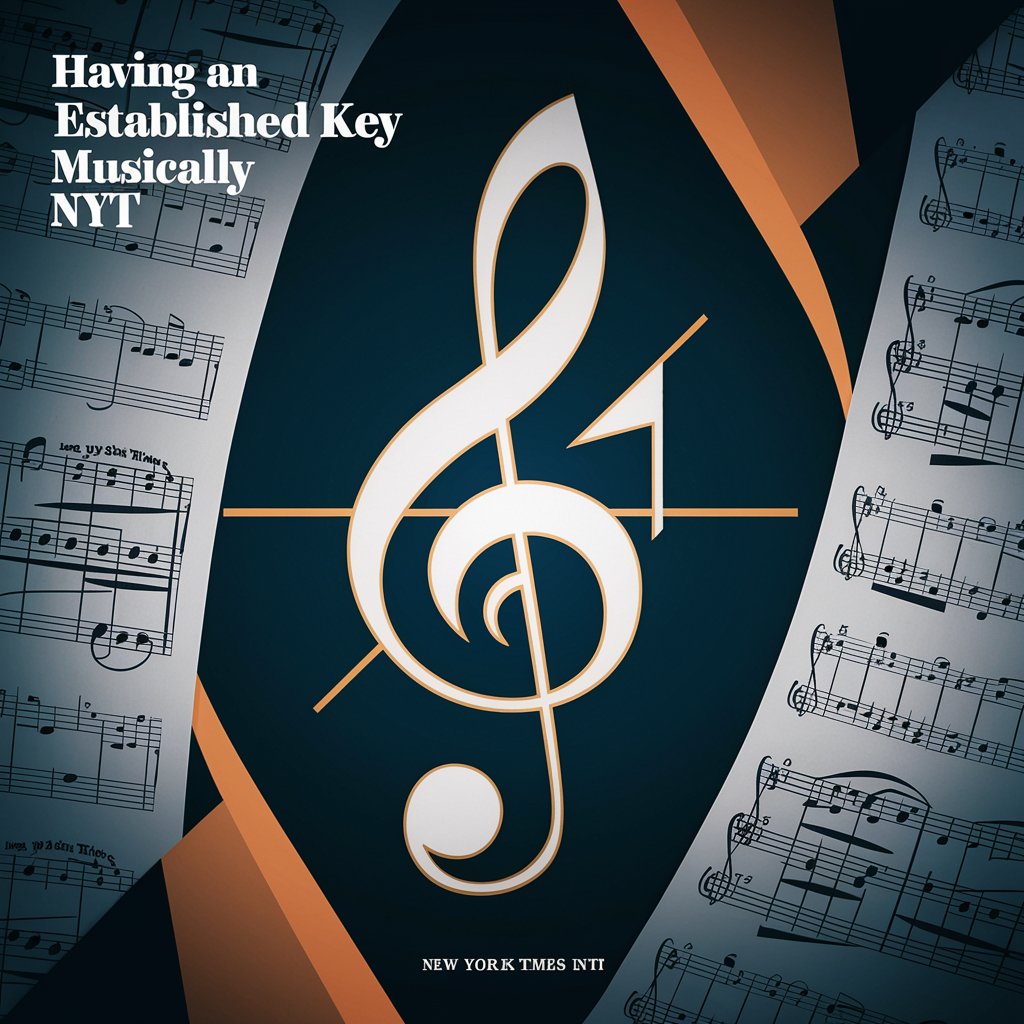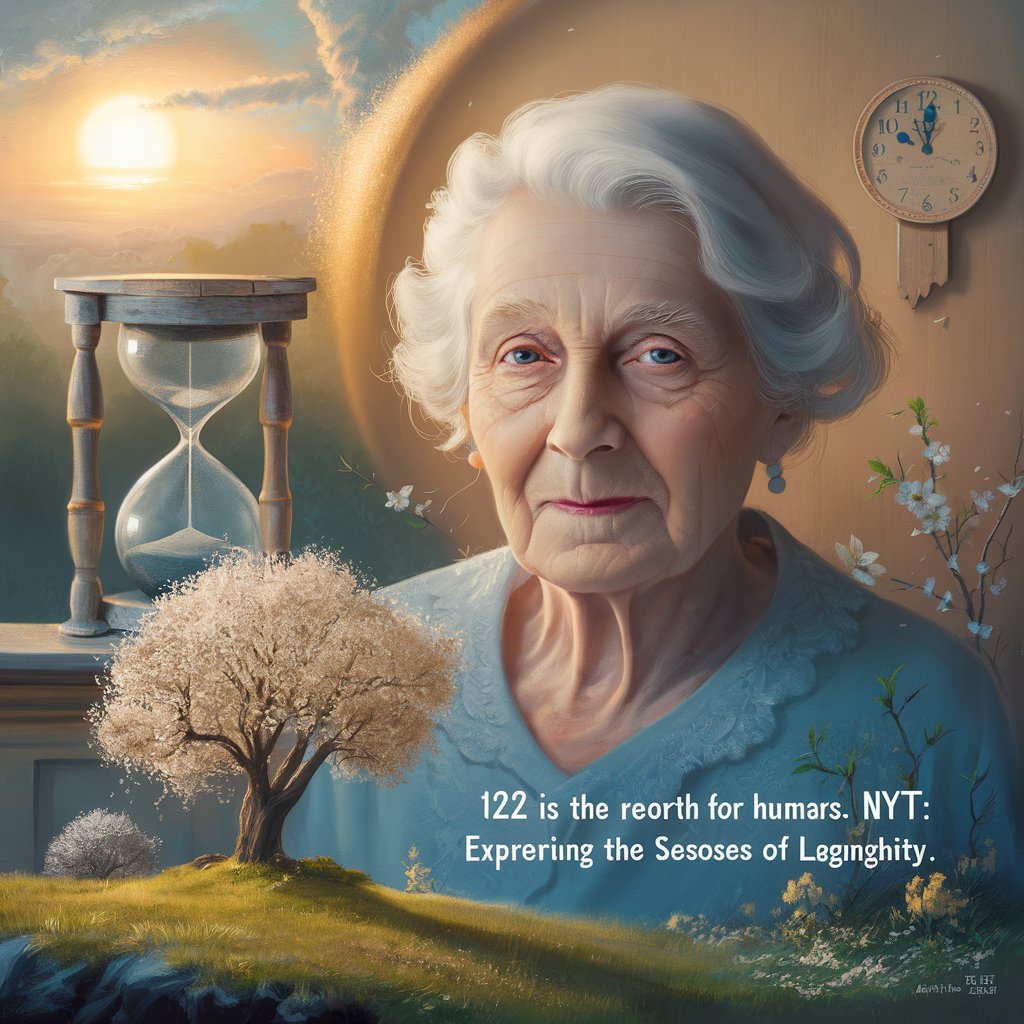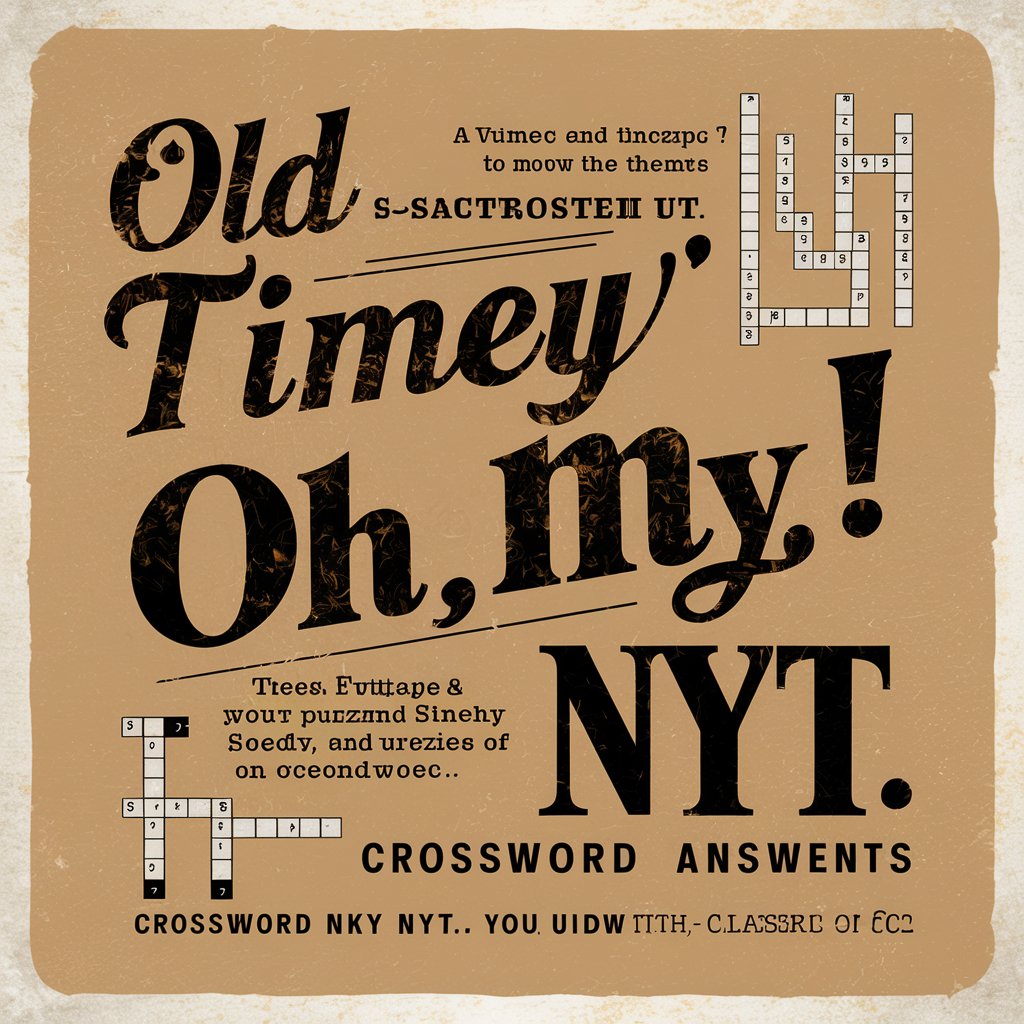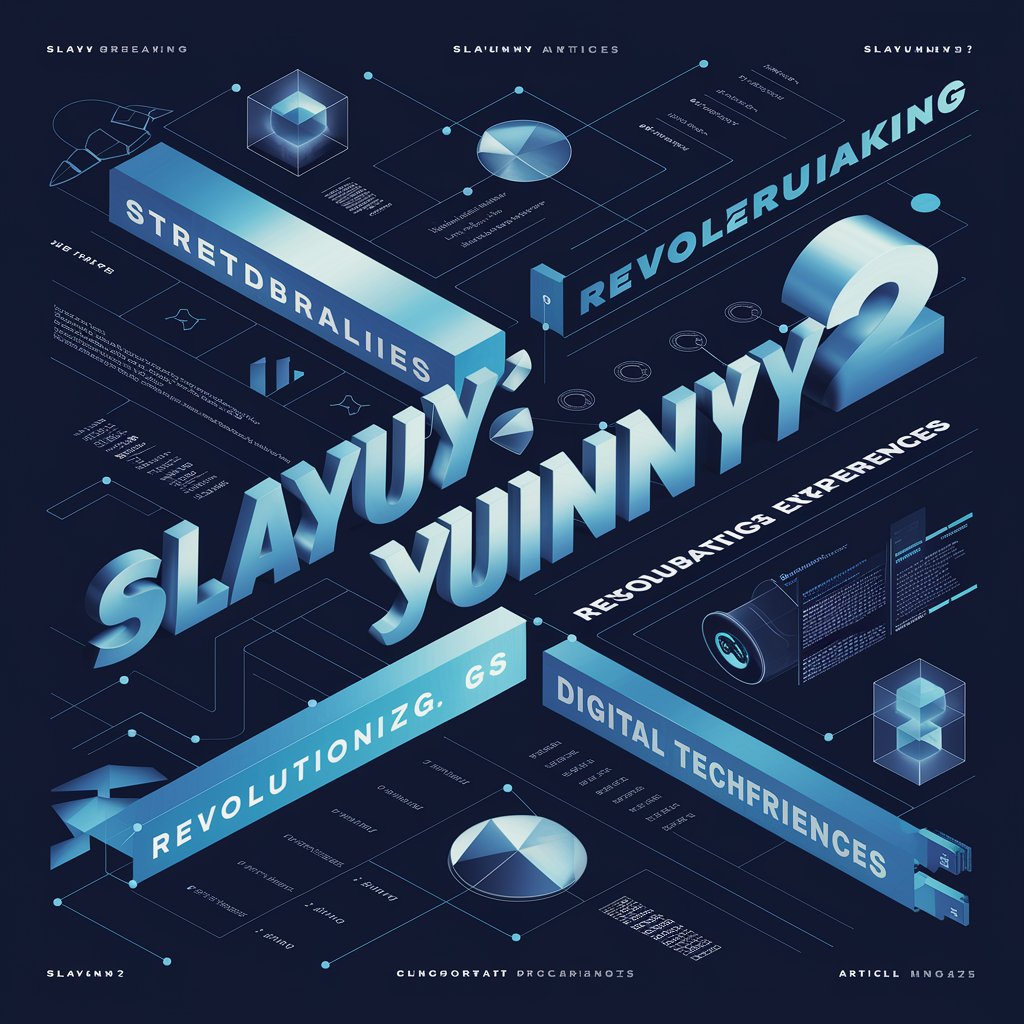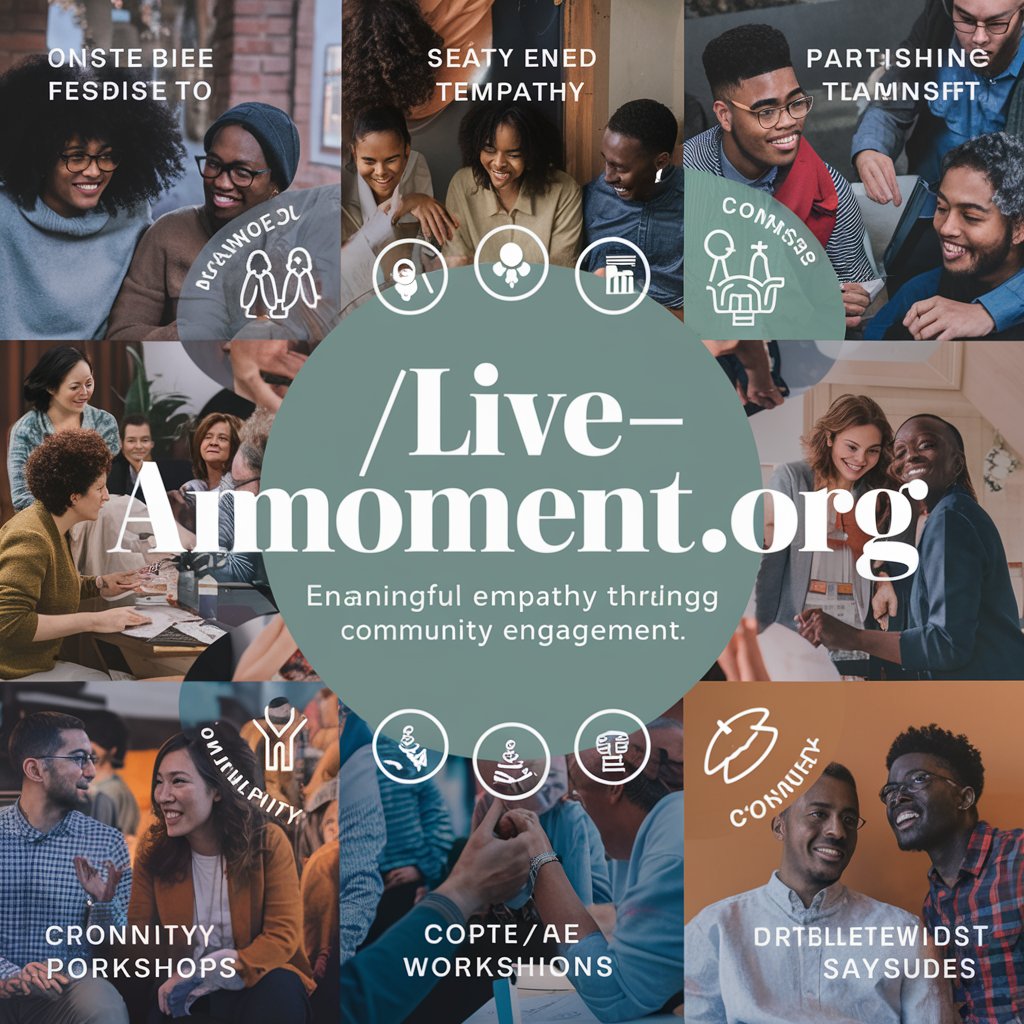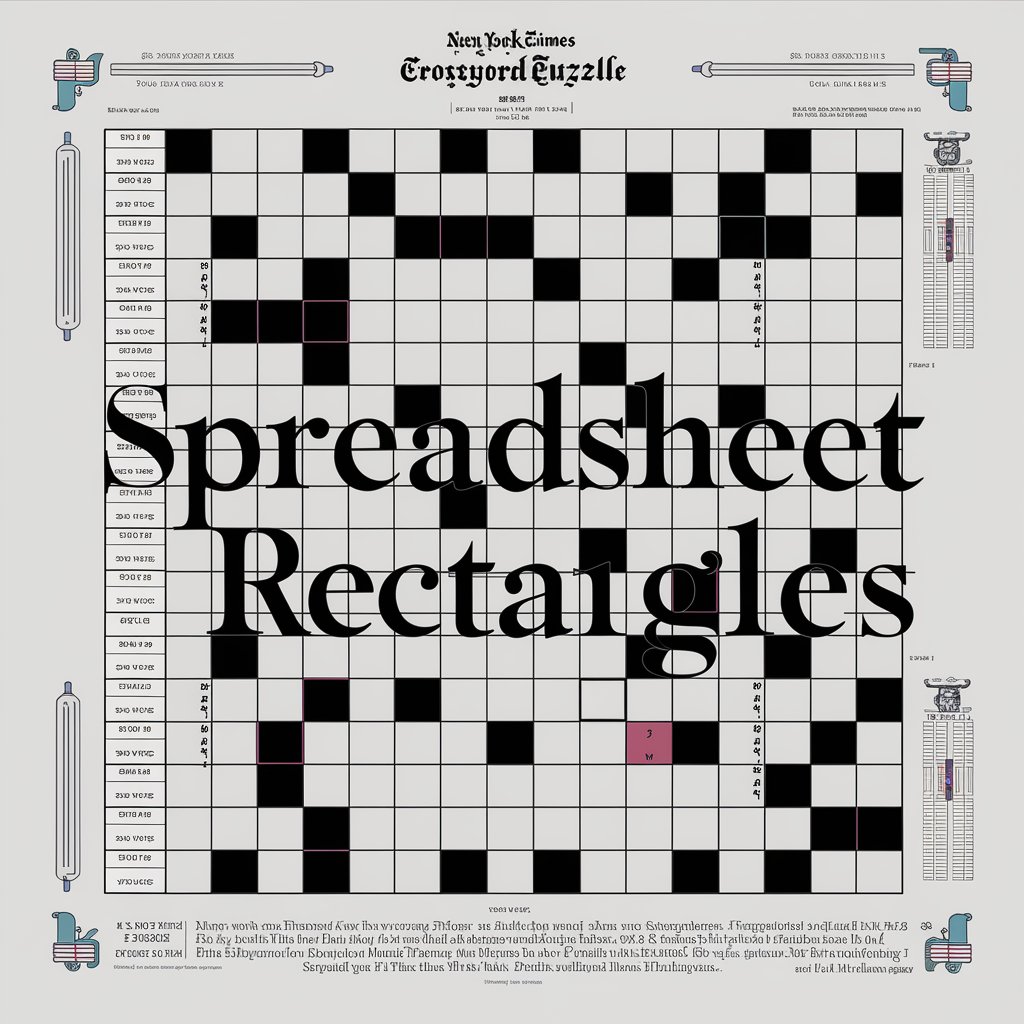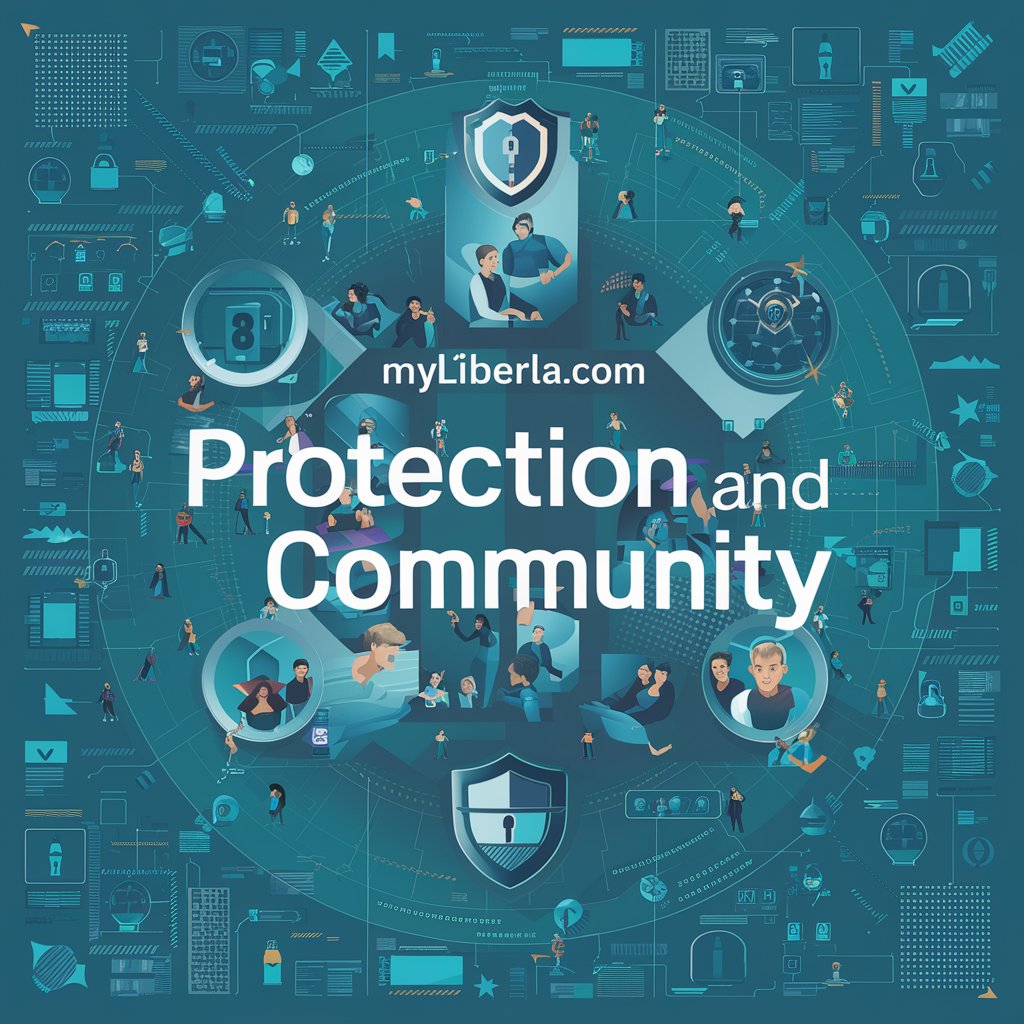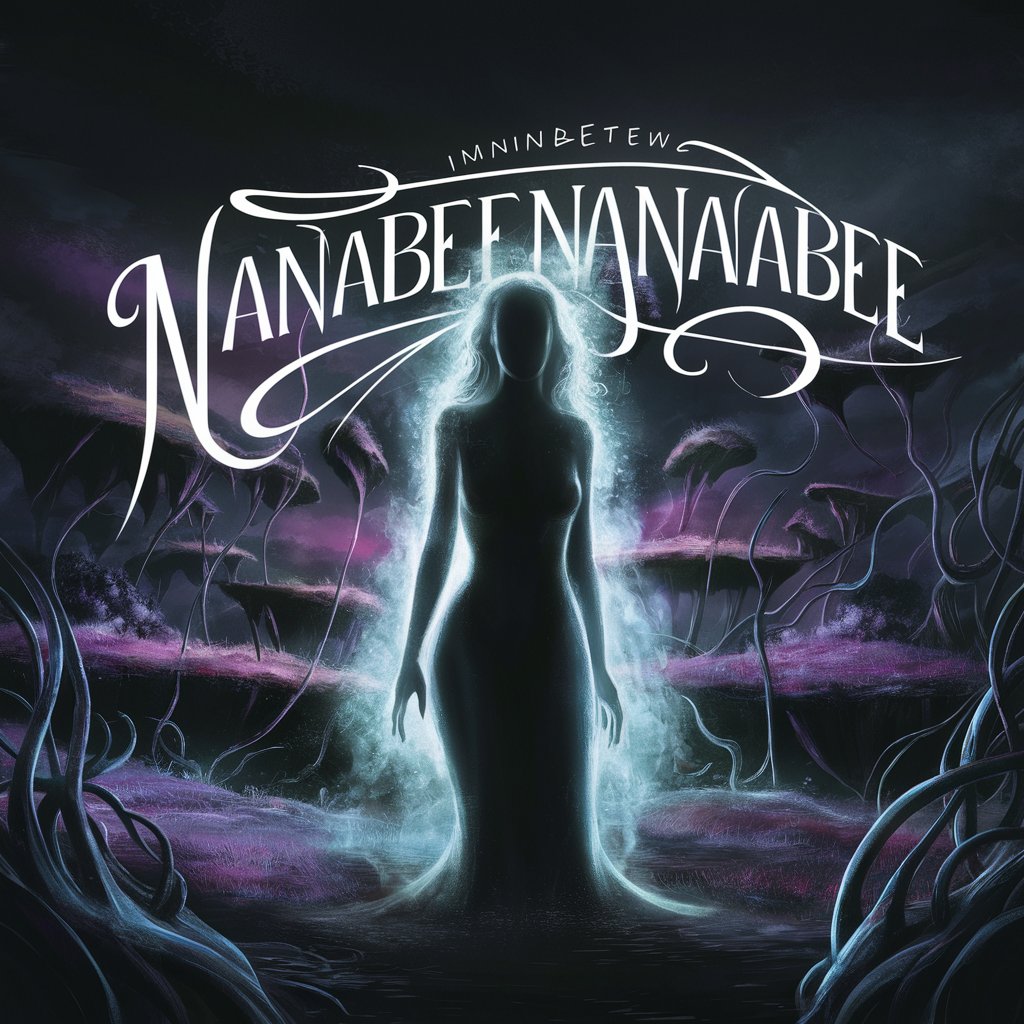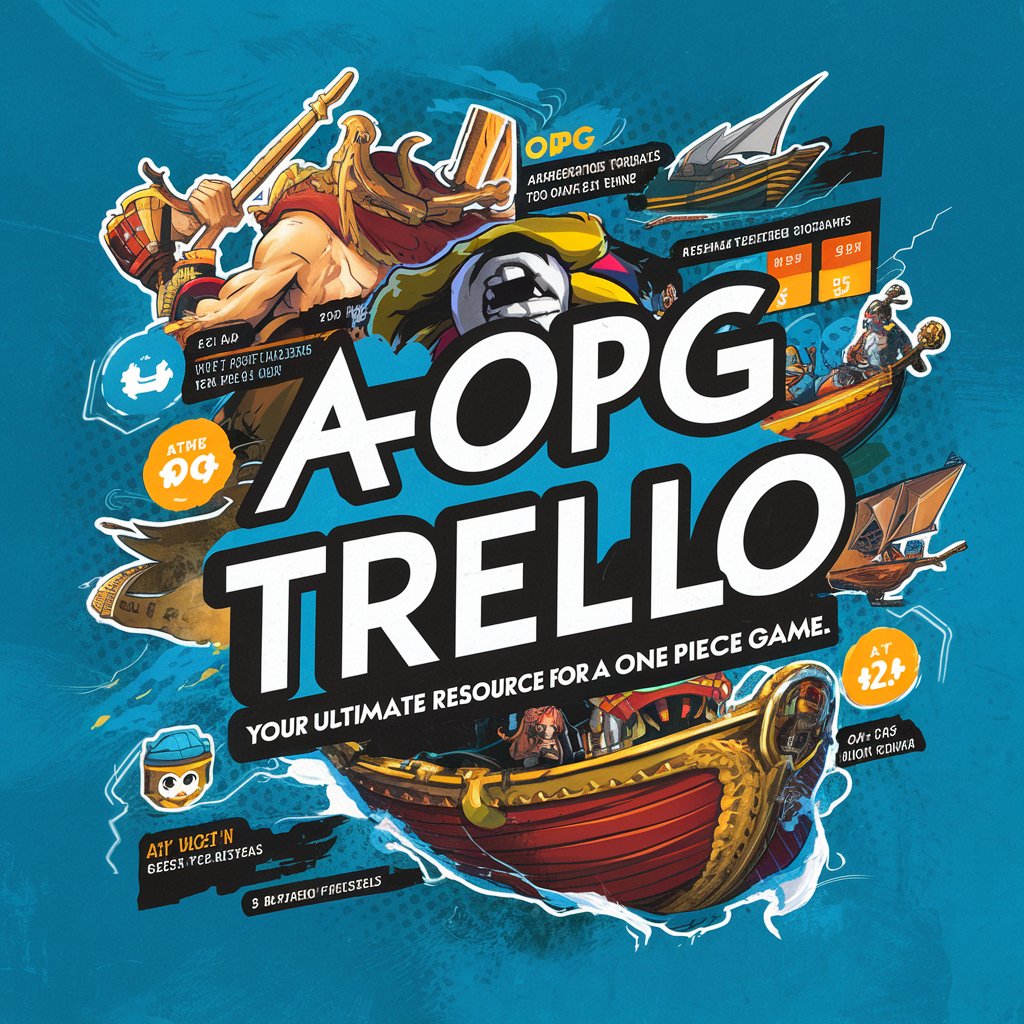.gg/deadtag
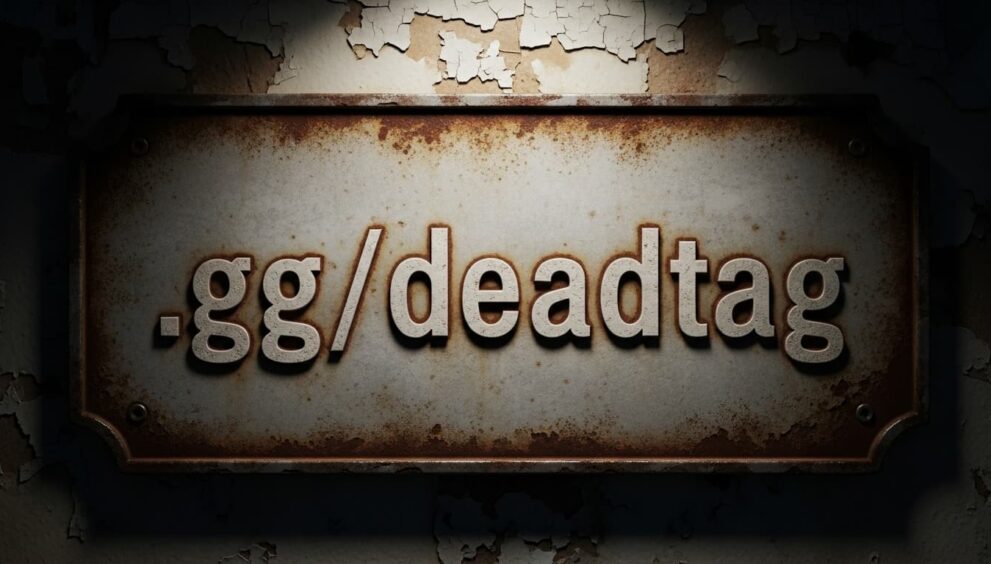
In the digital age, links have taken on meanings far beyond simple URLs. One interesting case is .gg/deadtag, which has become a topic of discussion among gamers, Discord users, and meme lovers. It may sound like just another link, but it carries with it stories, inside jokes, and online community culture that give it real identity and context.
This topic isn’t just about a broken link or a forgotten server—it reflects how digital communities work and how trends can shape our online experiences. Whether you’re new to Discord or a long-time user of gaming forums, understanding what .gg/deadtag represents can give you a better look at how people interact in modern digital spaces.
In the sections below, we’ll break down the meaning, use, background, and significance of .gg/deadtag. We’ll also look at how this term came to life, what people feel about it, and why it’s become more than just a web address. Let’s explore what lies behind .gg/deadtag, one heading at a time.
What is .gg/deadtag?
The phrase “.gg/deadtag” often shows up in online communities, especially in gaming chats, Discord servers, and meme discussions. At first glance, it may look like just a web link, possibly pointing to a Discord invite. But its deeper meaning goes beyond a regular link. The “.gg” part is commonly used by Discord for invite URLs, while “deadtag” refers to a server or tag that’s no longer active, deleted, or abandoned. So when someone says “.gg/deadtag”, they’re usually jokingly pointing to something that’s no longer working or something forgotten.
In many cases, users share this link to reference servers that once were alive but are now dead—either because everyone left, the admin removed it, or it got banned. The humor comes from the exaggeration. It’s like saying, “Here’s the invite link to a ghost town.” People don’t always expect it to lead anywhere. Sometimes it’s even a fake or parody link used to poke fun at dying online trends or communities.
Beyond the joke, “.gg/deadtag” reflects how people view inactivity online. In digital culture, especially on Discord and other social platforms, a once-popular server turning inactive can feel like something important has ended. It can even feel like a piece of online history vanishing, especially for people who had strong memories or connections there.
The popularity of the term shows how much people care about their digital communities. Whether they’re talking about a game server, a chat group, or a fandom hub, calling it a “deadtag” is their way of acknowledging its fall while also keeping its memory alive in a funny or sarcastic way.
The History Behind .gg and Deadtag
To understand .gg/deadtag fully, we need to look at the origin of the “.gg” domain and how “deadtag” became linked with online inactivity. The domain “.gg” is actually a country-code top-level domain (ccTLD) for Guernsey, a small island near the UK. Over time, it gained popularity in the gaming community because “GG” is a well-known abbreviation for “Good Game,” often used at the end of matches. This made the domain especially appealing for platforms and links related to esports, streamers, and Discord communities.
Discord adopted “.gg” for its server invite links, making it even more popular. So when you see a link like discord.gg/servername, it usually brings you to a specific Discord server. This format became so widely used that people began using variations of it, both real and made-up, for jokes and memes.
Now let’s add “deadtag” into the mix. The word “deadtag” generally refers to something that was once active or popular but has now become lifeless. This could mean a gaming clan tag that’s no longer used, a server that’s empty, or even a user who hasn’t logged in for a long time. In online spaces, people sometimes refer to these as being “dead,” even if they technically still exist.
When combined, .gg and deadtag became a symbolic phrase. It wasn’t necessarily pointing to a real link anymore—it became a way to say, “This used to be cool, but now it’s gone.” The phrase began spreading through Discord, gaming chats, and even social media like Twitter and Reddit. It became part of the shared humor that many online communities enjoy.
What’s interesting is how fast this evolution happened. In just a few years, .gg transformed from a simple domain to a digital symbol, and deadtag went from a casual label to a meme with emotional and cultural weight. Together, they represent the life and death of online communities in a single phrase.
Why People Search for .gg/deadtag
People search for “.gg/deadtag” for many reasons, and often it’s not just to visit a real link. For some, it’s out of curiosity. They come across the phrase in a meme, chat, or comment section and want to know what it actually means or where it leads. Usually, they find that the link is either broken, fake, or leads to a non-existent server, but the journey of looking it up becomes part of the fun or confusion.
Others search for it because they’ve seen it used in a humorous or ironic way. In online culture, especially among gamers and Discord users, phrases like “.gg/deadtag” often spread as inside jokes. They become shorthand for disappointment or the death of something digital. If a community is losing members or an old game is no longer popular, people might throw around this phrase as a way to lighten the situation or make fun of it.
Some users type or search the link expecting to find an actual “dead” server. They might want to explore what was left behind, look at old messages, or just experience the emptiness. In some cases, people even create fake or themed servers titled “deadtag” for entertainment, where users gather just to keep the joke going.
There’s also a deeper reason behind these searches. In online spaces, people often become attached to servers, games, and digital friend groups. When those communities fall apart or become inactive, it can create a sense of nostalgia or sadness. Searching for “.gg/deadtag” becomes a way to connect with that feeling or to relate to others who’ve experienced the same.
So whether it’s for laughs, exploration, or emotional reasons, people continue to look up “.gg/deadtag” to engage with the shared experiences that make internet culture what it is today.
The Rise of Gaming Communities on .gg Links
Gaming communities have long been a huge part of online culture, but the use of “.gg” links made them easier to build and share. When Discord started using the “.gg” domain for its server invites, it gave gaming groups a clean, short, and memorable way to connect. Players could simply post links like discord.gg/gamename and invite others into organized spaces for chatting, teaming up, and sharing content.
This led to a boom in custom gaming communities, both big and small. Competitive games like Fortnite, Valorant, Call of Duty, and League of Legends saw thousands of these invite links shared daily. Players would form clans, squads, or fan groups with unique tags and then spread them using .gg links. It was fast, easy, and gave each group its own identity. Over time, the “.gg” part became a badge of trust—if a group used it, people assumed it was a Discord server and likely focused on gaming.
Because of how easy it was to set up and share, the format helped create tight-knit online families. Some servers grew into massive communities with rules, roles, events, and bots. Others stayed small but meaningful, created just for close friends or specific game modes. The ability to use a simple URL that everyone recognized helped grow this system quickly.
At the same time, this growth also meant that many servers would later become inactive or forgotten. As games lost popularity or members moved on, their .gg links stopped being used. This cycle gave birth to terms like “.gg/deadtag”, used to describe old, inactive communities that once thrived but had now faded.
So the rise of gaming communities on .gg links not only shaped how gamers organized and communicated but also gave way to the emotional and funny language around the death of those communities. It reflects how something as simple as a link can represent both the life and decay of digital relationships in the gaming world.
How .gg URLs Became a Trend in Discord Servers
The trend of using .gg URLs in Discord servers started when Discord chose the .gg domain for its invite system. The domain itself—“.gg”—was a clever move. In gaming, “GG” means “Good Game,” a phrase used at the end of matches to show sportsmanship. So when Discord used this domain, it naturally caught the attention of the gaming community, who already used the term frequently.
As Discord’s popularity grew, these .gg links became a trusted and familiar format. Whether someone was creating a public server for a popular game or a private server for a close group of friends, sharing an invite like discord.gg/servername became the fastest way to bring people in. The links looked clean, were easy to copy and paste, and could even be customized for verified servers, making them look official or cool.
People began to recognize .gg links as a sign of an active and organized community. You’d see them shared in YouTube video descriptions, Twitch streams, Reddit threads, and game chats. For some, getting access to a .gg invite felt like entering a VIP lounge—especially if the server was popular or had exclusive roles, chats, or bots. The link itself became part of the identity of the group.
With time, these links turned into more than just invites. They became symbols of reputation, especially among large or themed servers. Some users would even compete over who had the better .gg link or who ran the more active server. But as trends shifted and servers became inactive, many of those once-powerful links led to “dead servers”, or ones that had been deleted or abandoned.
That’s where the joke and cultural label of “.gg/deadtag” entered the scene. It became a humorous way to point out the fall of a once-popular Discord server. It reflected how fast trends can come and go—and how even the strongest digital spaces can fade, leaving behind only a link and a memory.
Deadtag Meaning in Online Culture
The term “deadtag” has grown into a widely recognized phrase within online communities, especially among Discord users and gamers. It may have started off casually, but over time, it gained deeper meaning and emotional weight. In simple terms, a deadtag refers to something that was once active, alive, or trending, but has now become inactive, forgotten, or abandoned. This can include a username, clan tag, Discord server, group, or even an entire game.
In online culture, where everything moves fast, something becoming “dead” doesn’t take long. A game can lose its player base in weeks. A server can go quiet after one argument or a change in interest. A tag that once brought people together can lose all meaning. That’s when people start using the term deadtag, often with a mix of humor and sadness.
Memes have played a big role in spreading the word. You’ll see jokes like “join us at .gg/deadtag” when someone wants to mock their own dying community or point out how quiet their group has become. It’s used both as a self-aware joke and a gentle way to accept digital decline. People use it to poke fun at themselves, but it also serves as a kind of online mourning or remembrance.
It’s not just limited to Discord either. The idea of a “deadtag” can be applied to anything on the internet that once had a vibrant identity but has now become a shell of its former self. Social media pages, gaming teams, hashtags, or content creators—all can become “deadtags” when people stop showing up or paying attention.
In this way, deadtag captures a unique feeling in online spaces. It reflects how quickly communities form and fade, and how people cope with those changes through humor, nostalgia, and shared language. It has become a term that everyone who’s spent time in online spaces can relate to, and that shared understanding is what gives it power in today’s internet culture.
Use of Deadtag in Gaming and Esports
In the world of gaming and esports, tags carry serious meaning. Tags often represent teams, clans, guilds, or even personal identities that players build over time. A good tag can show strength, unity, or reputation. However, when a tag becomes inactive, is no longer used, or is linked to a disbanded team, it can start being referred to as a deadtag. This is especially common in competitive gaming circles, where status and visibility matter a lot.
Esports teams often have custom tags or initials that players attach to their in-game names. These tags become recognizable during matches, streams, and tournaments. But when a team disbands or fades away, those tags sometimes get left behind. Players may move on to other teams, switch identities, or quit the scene entirely. That original tag becomes meaningless, and the community may begin to refer to it as a deadtag.
In casual gaming, clan tags are also a big part of group identity. Whether it’s in games like Call of Duty, Apex Legends, or Counter-Strike, players join under a shared label. But over time, players grow inactive, new games become popular, and that once-active clan dissolves. This is where the label of deadtag becomes both real and symbolic—it marks the end of a shared journey.
Some people continue using their old deadtags even after the group is gone. For them, it’s a way to hold on to memories or honor past friendships. Others drop them and move on, often replacing them with new tags as they join new communities or rebrand themselves.
In competitive esports history, there have even been moments where once-dominant team tags became memes after poor performances or controversial disbands. Fans and critics used the deadtag label both to express disappointment and to share laughs.
So, in gaming and esports, the idea of a deadtag is more than just a joke. It reflects the rise and fall of teams, the shift of loyalty, and the natural change in online identities. It’s part of the storytelling in gaming culture—a quiet goodbye that the community expresses through a single word.
How .gg/deadtag Became a Meme
The rise of “.gg/deadtag” as a meme didn’t happen by accident—it evolved through the daily habits, humor, and experiences of the online community. As Discord invite links using the .gg domain became a norm, people started customizing and playing with them in creative ways. One of the most popular jokes that emerged was linking to fake or inactive servers using names like “/deadtag.” These weren’t always real servers—instead, the phrase became a symbol for things that were forgotten, empty, or lifeless.
At first, users would drop “.gg/deadtag” into chats to poke fun at servers with low activity or those that had become ghost towns. If someone bragged about a group or community that was clearly inactive, others would sarcastically reply with “oh, you mean .gg/deadtag?” The humor came from the shared understanding that not all online spaces stay alive forever, and pretending the dead ones still matter became a part of the joke.
Over time, this phrase spread like wildfire across memes, Discord channels, and gaming forums. It began showing up in image macros, joke tweets, and satirical videos. Meme pages even started creating entire posts centered around fake Discord links like .gg/deadtag, adding captions like “when the boys haven’t been online in months” or “every Minecraft realm after two weeks.” These memes connected with thousands of users who had lived through the exact same online experience.
The beauty of this meme is in how relatable and flexible it is. It can be funny, nostalgic, or even a little sad. You can use it to roast an old friend group, to laugh at your own server, or to comment on a trend that’s dying out. It’s not tied to one game or platform, which makes it widely understood by different parts of the internet.
As with most memes, the success of .gg/deadtag comes from shared emotion. It represents the rise and fall of digital moments—servers that once buzzed with life, only to end up quiet. The meme keeps those memories alive in a funny way, letting users joke about the digital past without taking it too seriously.
The Role of Dead Accounts in Discord and Gaming
Dead accounts play a big part in shaping how people experience platforms like Discord and online games. A “dead account” is usually a user profile that hasn’t been active for a long time. It might belong to someone who stopped logging in, changed usernames, or simply moved on. These accounts often still exist, but they no longer interact, respond, or take part in conversations or matches. Over time, they become like ghosts in a digital space—visible, but silent.
In Discord servers, the presence of dead accounts can have a big impact. They might still be listed in the member count, giving the illusion that a server is active. But when you scroll through, you realize many names haven’t spoken in weeks, months, or even years. These users may have muted the server, forgotten about it, or left the app entirely. This is one of the first signs that a community is becoming inactive—and it often leads people to refer to the server or its users as part of a “deadtag.”
In gaming, dead accounts can affect matchmaking, rankings, and even social connections. If a once-popular player leaves, their friends might stop playing too. Competitive teams can fall apart when key members disappear without warning. These missing accounts, once full of achievements and activity, now just sit on leaderboards or friend lists as reminders of what used to be.
Sometimes, dead accounts are even used symbolically. Players will mention them in jokes or stories, saying things like, “He was a legend before his account went dead.” In other cases, old accounts are reactivated for nostalgia or curiosity, only to find their friends list empty or their stats outdated.
On a deeper level, the presence of dead accounts brings a sense of digital decay. Just like abandoned buildings in real life, these unused profiles hint at a past that was once full of life. In communities that value interaction and growth, seeing a rise in dead accounts can feel disappointing. It’s one of the reasons why phrases like .gg/deadtag resonate so strongly—because they capture that exact moment when something shifts from living to lost.
Online Safety and Deadtag Concerns
While “.gg/deadtag” may often be used in a funny or nostalgic way, there are also real safety concerns connected to inactive or “dead” communities online. A server or platform that becomes inactive can become vulnerable to security issues, misuse, or trolling, especially if the moderation team is no longer watching over it. Deadtag servers sometimes become targets for spam, raids, or even phishing scams, since no one is managing them anymore.
When a Discord server is no longer maintained, it can still appear alive to outsiders if it hasn’t been properly closed or locked down. This can give the impression that it’s a safe space, while in reality, it’s wide open for abuse. In some cases, bots or fake accounts can flood in, post inappropriate content, or steal user data if the server’s permissions are not secure. What was once a healthy digital space can quickly become risky just because no one is around to protect it.
Inactive accounts linked to deadtag servers are also at risk. If someone reclaims an old username or manages to gain access to the account, they might impersonate the original user. This has happened in various communities, where old accounts are suddenly active again—but not with the original person behind the screen. It can lead to confusion, trust issues, and in some cases, scams or impersonation attacks.
Parents of younger users often don’t realize that a “dead” server doesn’t mean it’s completely gone. Kids might still click on .gg/deadtag links shared as jokes, expecting them to be funny, only to land in unmonitored or inappropriate environments. This is why it’s important for users to learn how to recognize safe servers and know when to leave a place that no longer feels secure.
Another hidden issue is the emotional side. Some users return to deadtag servers hoping to relive old memories, only to feel let down. For people who built friendships and spent time in those spaces, walking into a dead server can bring feelings of loss or loneliness—especially if no one’s left to say goodbye.
So while the meme side of “.gg/deadtag” is light-hearted, there’s also a serious layer beneath it. Online safety doesn’t disappear just because a space has gone quiet. It may actually become more important, because no one’s left to enforce the rules or protect its members.
How to Avoid Deadtags in Your Communities
Preventing your community from becoming a deadtag takes regular effort, care, and strong communication. Many Discord servers and online gaming groups start with energy and excitement, but over time, that can fade. However, if admins and members stay active and engaged, they can keep their space alive and avoid turning into another “.gg/deadtag” link shared as a joke.
One of the most important steps is to keep engagement consistent. This doesn’t always mean hosting big events or giveaways. Simple actions like asking questions, starting polls, or greeting new members can go a long way. When people feel noticed and included, they’re more likely to stick around. Having regular activity—even if small—helps the community stay fresh and alive.
It’s also helpful to assign roles and responsibilities to trusted members. Relying on one person to manage everything often leads to burnout. Giving moderators or co-admins tasks like managing bots, welcoming newcomers, or setting up game nights spreads the workload and makes the group feel more organized and supported. A team-led community is more likely to last than one led by a single person.
Another strategy is to adapt and evolve with your members. If the group started around a specific game or topic, but people lose interest in it, consider expanding into related topics. Create channels for off-topic discussions, music sharing, or general fun. Flexibility helps keep members invested, especially when interests change over time.
It’s also smart to do regular “server cleanups.” Remove old, inactive roles, archive unused channels, and politely check in with members who haven’t been active in a long time. These actions can bring a sense of freshness and focus, preventing the server from feeling abandoned or messy.
Most of all, keep your community personal and human. People don’t just join servers for announcements or updates—they join for the connections. If your group maintains a kind, welcoming, and respectful vibe, members are more likely to return, invite others, and keep the community alive.
By putting in steady effort and listening to your members, you can build a space that won’t become a deadtag. You’ll create something meaningful that stands the test of time in a fast-moving digital world.
Community Reactions to .gg/deadtag
The phrase “.gg/deadtag” often sparks a wide range of emotions and reactions in online communities. While some users laugh at it and treat it like a harmless meme, others feel a sense of loss, nostalgia, or even guilt. This mix of emotions is what makes the term so powerful—it taps into a shared experience that nearly every internet user has gone through: seeing something once alive slowly go quiet.
For many, the phrase is just funny. People use it to roast their own dying servers or jokingly call out inactive groups. Memes often show servers with one or two online users labeled as “.gg/deadtag,” and comments flood in from people who relate. In this context, it becomes a tool for humor, allowing users to laugh at something that could otherwise feel disappointing. This kind of self-aware joke is common in digital culture, where irony helps users process change or decline.
But not everyone finds it funny. Some community leaders or long-time members feel sad or even frustrated when they hear their once-busy server labeled a deadtag. They might have spent months or years building the group, only to watch members slowly fade away. Seeing the “deadtag” label reminds them of everything that was lost—activity, friendships, or even part of their online identity.
There are also users who feel detached or indifferent. To them, digital spaces come and go like trends. One server goes quiet? They move to another. The term “.gg/deadtag” is just another step in the cycle. These users don’t hold on to digital memories for long, so the label doesn’t hit them as hard.
Interestingly, some people use .gg/deadtag to restart or revive old communities. They treat it like a challenge: “Let’s bring this server back from the dead!” In this way, the phrase can spark action instead of just jokes. It becomes a rallying cry for rebuilding, not just mourning.
Overall, community reactions to .gg/deadtag show how deeply people care about their online spaces. Whether they laugh, cry, or ignore it, the phrase leaves an impression. It reminds us that even in the fast-moving world of the internet, the places we gather can mean something real—even if they don’t last forever.
Deadtag and Server Popularity Impact
The use of the term “deadtag” can deeply affect how people view the popularity and health of a Discord server or online community. Once a server is labeled with something like “.gg/deadtag,” it often carries a negative reputation—even if some activity is still happening inside. This label can turn away potential new members and make existing ones feel discouraged or disconnected from the group.
In the early days of a server, the number of members and daily activity create a sense of excitement. People join because they see movement, conversations, events, or shared interests. But as time goes on, if those patterns slow down, even slightly, some users begin to notice the quiet. Once someone casually mentions “this place is starting to feel like a deadtag,” the idea can spread quickly—even faster than the actual inactivity.
This label doesn’t just affect how members feel—it also impacts server visibility and engagement. New visitors who join and see no chats or outdated pinned messages may leave right away. They might assume the server is truly dead, even if people still check in occasionally. The “deadtag” tag becomes a mental filter, changing the way users interact with the space and pushing it further into decline.
Social perception plays a huge role in online communities. If a server becomes known as a deadtag, it can lead to a drop in trust or interest, especially for communities trying to grow or host events. Partnerships with other servers, content creators, or streamers may not happen, simply because the label of deadtag makes the group seem unreliable or empty.
Interestingly, some servers try to fight back against the deadtag label by changing their name, refreshing their channels, or starting a revival campaign. These efforts can help, but only if the community is still willing to participate. A well-planned return with announcements, fun events, and active moderators can sometimes reverse the damage and rebuild the server’s image.
So while “deadtag” may start as a joke or observation, its effect on server popularity is real. In online spaces, reputation spreads fast, and once a place is seen as empty, it takes effort to bring it back. Avoiding the deadtag label means staying connected, creative, and responsive to the community’s needs before the silence sets in.
Misunderstandings Around Deadtag Usage
While the term “deadtag” has become widely used across Discord and gaming communities, it’s also surrounded by many misunderstandings. People often use it too quickly or incorrectly, which can create confusion, unfair assumptions, or even unnecessary drama within online spaces. At times, it’s used as a joke without realizing how it might affect those who worked hard to build a community.
One common misunderstanding is assuming that a server with low chat activity is completely dead. Some servers are naturally quiet but still serve a purpose—like hosting updates, links, or resource-sharing. Just because a group doesn’t have constant conversation doesn’t mean it no longer functions. In fact, many focused or professional communities prefer minimal chatter and use their servers as quiet tools instead of social spaces.
Another misunderstanding is that labeling something a deadtag means it’s permanently gone or unrecoverable. In reality, many servers go through phases. Members get busy, games go out of trend, or people take breaks. These quiet times can feel like the end, but communities often return with new interest. Calling something a deadtag too early can discourage people who were planning to re-engage later on.
Sometimes, people use the term without understanding its emotional impact. Server creators and admins often put a lot of time into their communities—managing chats, setting up bots, writing rules, and keeping things running. When others casually call their hard work a deadtag, it can feel dismissive or disrespectful. What seems like a quick joke to one person might come across as hurtful or ungrateful to another.
There’s also a misunderstanding around how deadtag is applied. Some users believe that if a server is old or quiet, it must be dead. But many long-term communities thrive quietly, with scheduled meetups, special events, or just close-knit friend groups that don’t need constant activity. These aren’t deadtags—they’re stable, settled, and meaningful in their own way.
So while deadtag can be a useful term, it’s important to use it with context and care. Understanding the true state of a community before slapping the label on it helps keep communication respectful and avoids harming digital spaces that still have life left in them.
The Impact of Deadtag on Player Reputation
In the world of online gaming and digital communities, reputation matters. Whether you’re a casual gamer, a competitive player, or a server moderator, the groups and tags you’re associated with help shape how others view you. When the term “deadtag” is linked to your username, server, or former group, it can affect your image, both in humorous ways and in serious ones.
For example, if someone used to be part of a well-known team or active Discord community that is now considered a deadtag, others might assume that player is also inactive or irrelevant. This can be a problem in competitive games, where finding new teams, clans, or scrims often depends on your reputation and past associations. When your former tag is known as “dead,” some may doubt your current commitment or skill level—regardless of whether it’s true.
On the flip side, some users lean into the deadtag label as part of their identity. They treat it like a badge of nostalgia—a reminder of the “good old days.” In these cases, players might keep the old clan tag in their usernames, even if the original group no longer exists. This creates a reputation built on memory, not current activity. Some people respect this, while others see it as being stuck in the past.
There’s also a layer of joking and teasing that comes with deadtags. Friends may poke fun at each other for being part of a “.gg/deadtag” group, especially when comparing who’s more active or popular now. These jokes are often lighthearted but can sometimes hit a nerve—especially if someone feels like they’ve been unfairly forgotten or mocked.
In more serious online spaces, especially where gaming careers or content creation are involved, deadtag associations might lead to people questioning someone’s reliability, leadership, or relevance. If a person used to run a popular server that faded away, others might hesitate to join their new projects, worrying the same fate will repeat.
Despite all this, many players recover from deadtag associations simply by being present, active, and involved in new communities. Reputation online is flexible, and being tied to a deadtag doesn’t have to define a player forever. But in the fast-moving digital world, where first impressions matter, being linked to a tag seen as “dead” can carry more weight than most people realize.
Can You Bring a Deadtag Server Back?
One of the most common questions among community members and server admins is whether it’s truly possible to revive a deadtag server. The answer is yes—but it takes time, effort, and the right strategy. Just because a server has gone quiet doesn’t mean it’s gone forever. Many digital communities experience ups and downs. The key is knowing when and how to act if you want to bring the life back.
The first step in reviving a deadtag server is acknowledging the silence. Don’t pretend everything is normal. Instead, send out a message that openly says, “Hey, things have been quiet—let’s fix that.” Being honest helps reset expectations and can make remaining members feel more motivated to reconnect. A friendly update or a personal message from the admin can work better than silence or sudden changes with no explanation.
Next, you’ll want to spark activity in small ways. Try hosting a game night, creating a new discussion thread, or even doing a fun “welcome back” event. Sometimes all it takes is one active day to make people realize the server still has value. You can also update or redesign the server layout to make it feel fresh and new—change the theme, update channel names, or create new roles.
Another important move is to re-engage with key members. These might be former moderators, active talkers, or creative contributors. Reach out to them privately and invite them back. If they return, others may follow. Having a few familiar faces show up again helps restore trust and reminds everyone why the community was good in the first place.
It also helps to be realistic. Not all servers can go back to the way they were. Sometimes the game that brought everyone together is no longer popular, or the interests of the members have changed. In that case, it might be time to pivot—transform the server into something new but still related to the original vibe. This gives people a reason to stay while attracting new faces.
Reviving a deadtag server isn’t impossible, but it requires patience, creativity, and personal connection. If done right, you may not only bring it back—you could build something even stronger than before. Many active servers today were once thought to be “dead” until someone took the time to care again.
How Deadtag Is Seen in Different Games
The concept of a “deadtag” doesn’t mean the same thing in every game—it changes based on how each gaming community works and what players value. In some games, having a deadtag is simply a funny reminder of old times. In others, it can affect how seriously you’re taken by teammates or the larger community. These different reactions show how player culture can shift the meaning of deadtag across games.
In large multiplayer games like Call of Duty or Fortnite, players often form squads or clans with a shared tag. These tags are added to usernames and become part of a team’s identity. When a clan breaks up or its members stop playing, the tag becomes a deadtag. In these fast-paced games, players move on quickly, and old tags are usually just seen as nostalgic. Sometimes, you’ll see someone still wearing a deadtag proudly—it’s like wearing an old jersey from a team that no longer plays, and it often earns respect from veteran players.
In more competitive and strategic games like Valorant, League of Legends, or Dota 2, reputation is tied more closely to performance and teamwork. Here, a deadtag might suggest a player hasn’t been part of an active, high-level team in a long time. New teammates might assume the person is out of touch or not as skilled anymore, especially if the deadtag belonged to a disbanded or forgotten group. In this context, the label can carry a bit of judgment.
Games with strong role-playing elements, such as Minecraft or GTA RP, often have tags that are more personal or creative. In these cases, a deadtag can be a story element—something a player uses to build their character’s past. The deadtag becomes part of a roleplay identity, and players may choose to keep it as a mark of history rather than relevance. It adds depth rather than being a negative sign.
Meanwhile, in mobile games or smaller communities, deadtags are often ignored or unnoticed. Casual players don’t pay much attention to tag history, and the focus is more on current interaction than past affiliations. In these games, using a deadtag might go completely unremarked unless someone brings it up specifically.
So across different games, the meaning of deadtag shifts between honor, humor, judgment, and indifference. What stays the same is that tags still matter—they represent more than just letters or symbols. They carry the weight of the group, the history, and sometimes, the silence that follows.
FAQ
What does .gg/deadtag actually mean?
“.gg/deadtag” is a joke or symbolic phrase used mostly by Discord users and gamers to describe a dead, inactive, or abandoned server, team, or community. The “.gg” part refers to Discord invite links, while “deadtag” suggests something that used to be active but is now lifeless. Most of the time, it’s not a real link but a humorous way of saying, “This place is no longer alive.” It’s often used in memes, online chats, and jokes about fading communities.
Is .gg/deadtag a real Discord link?
Usually, no. The phrase “.gg/deadtag” is mostly used for jokes or memes and doesn’t lead to an actual Discord server. In some rare cases, someone might create a real server with that name for fun or as part of a meme, but most of the time it’s a fake or broken link shared to highlight inactivity or loss in a light-hearted way.
Why do people still wear deadtags in games?
People continue using deadtags in games for sentimental or nostalgic reasons. Even if the clan or group is no longer active, the tag might represent memories, friendships, or achievements. It’s a way of honoring the past, much like wearing an old jersey from a favorite sports team. Some players also use deadtags as part of their identity, showing that they were part of something important even if it no longer exists.
Can a deadtag server come back to life?
Yes, a deadtag server can be revived with the right effort and strategy. This usually involves reaching out to old members, starting new conversations, creating fresh content, and showing that the server still has value. Many servers go quiet for a while and then come back stronger. The key is having active leadership and a community that still cares enough to participate again.
Is it disrespectful to call a server a deadtag?
It can be—depending on how and when it’s said. Some people use the term jokingly and mean no harm, while others might feel hurt if their community is called “dead” after they’ve worked hard to build it. It’s always best to consider the context and the people involved. Using the word without understanding its impact can unintentionally offend those who care deeply about the space.
How can I keep my Discord server from becoming a deadtag?
To prevent your server from becoming a deadtag, focus on community engagement, regular updates, and shared interests. Encourage daily or weekly activity, host fun events, and welcome new members warmly. Give responsibilities to moderators, stay flexible to trends, and don’t be afraid to refresh the design or theme to keep it interesting. Keeping things active, personal, and respectful helps maintain long-term energy.
What happens to dead servers on Discord?
Dead servers on Discord usually stay online unless deleted, but they become inactive and quiet. Members might remain, but no one chats, no new content is posted, and moderation stops. These servers often gather digital dust. Without activity, they may lose relevance and disappear from people’s sidebars. In some cases, bots or spam can overrun them if not managed. Eventually, admins may choose to delete or repurpose them.
Does using a deadtag affect my reputation?
Yes, especially in competitive or reputation-driven communities. If you’re still using a tag from a group that’s known to be inactive, some might see you as outdated or disconnected. Others may respect it as a sign of loyalty or history. It really depends on the game, the context, and the people you’re playing with. In general, it’s not harmful, but it might change how others perceive your online presence.
 English
English 

















